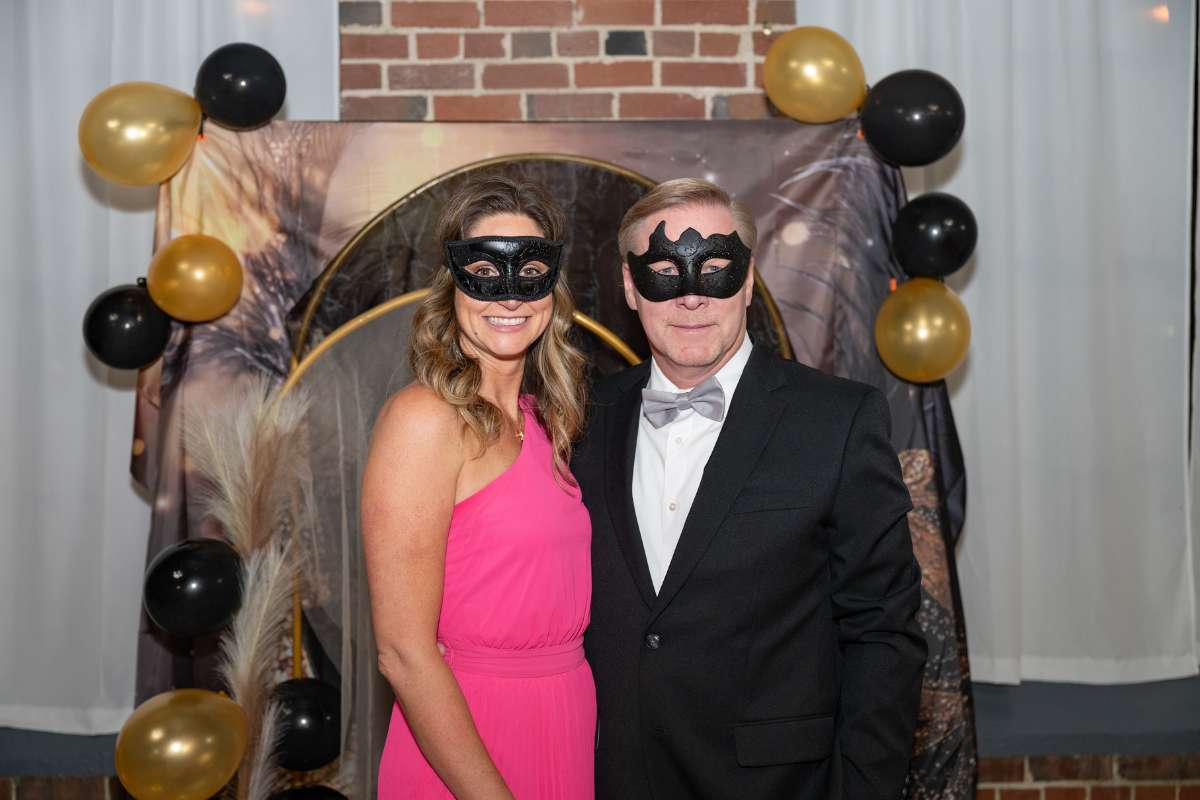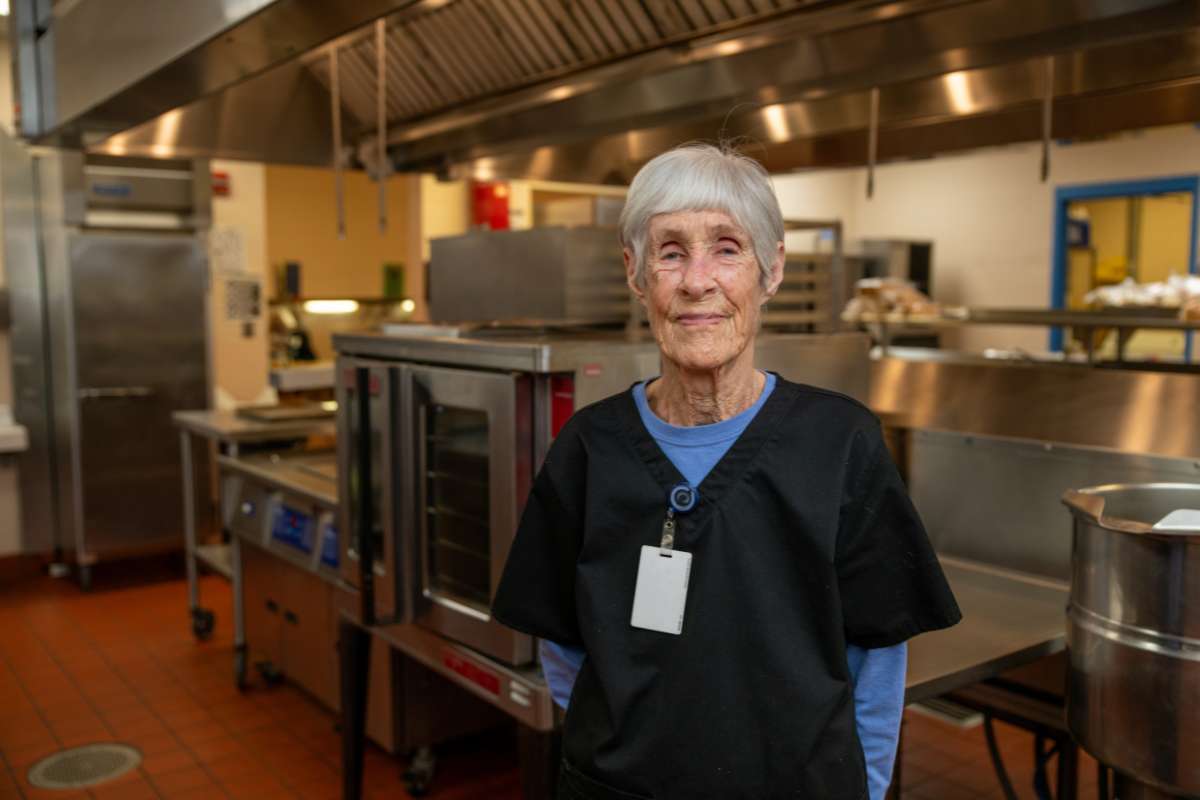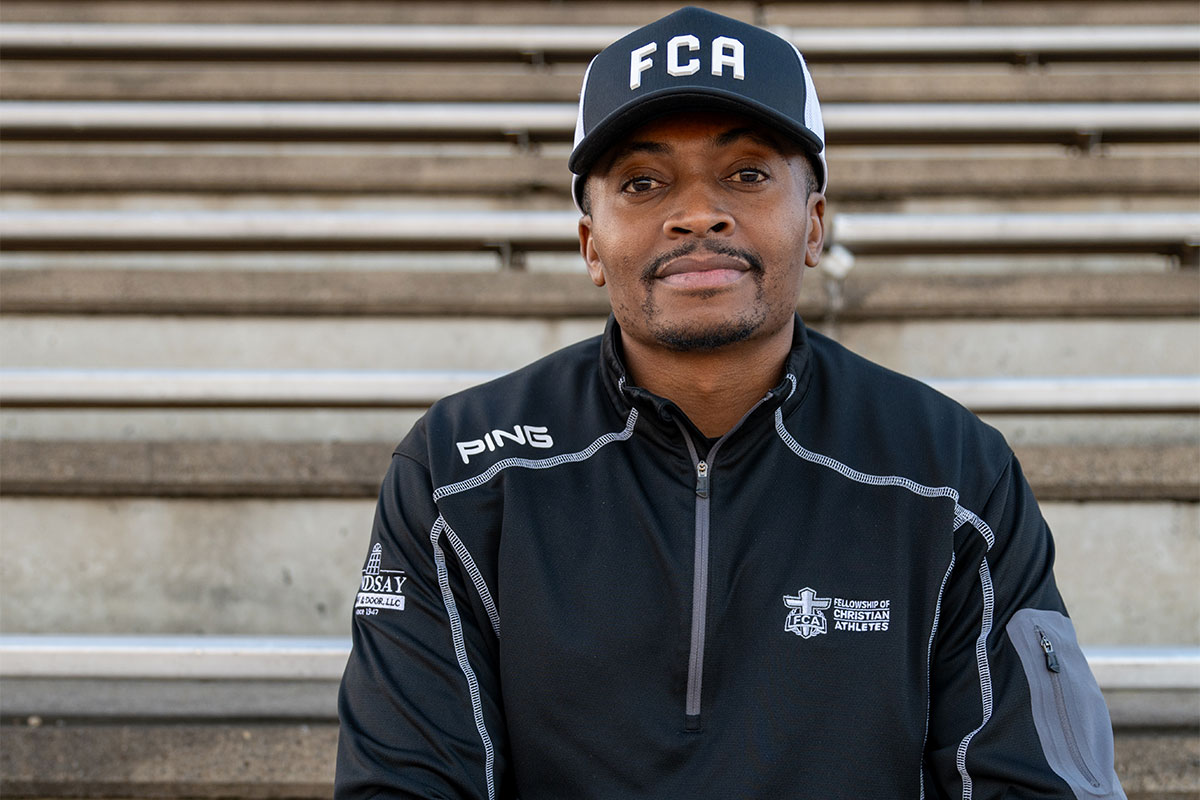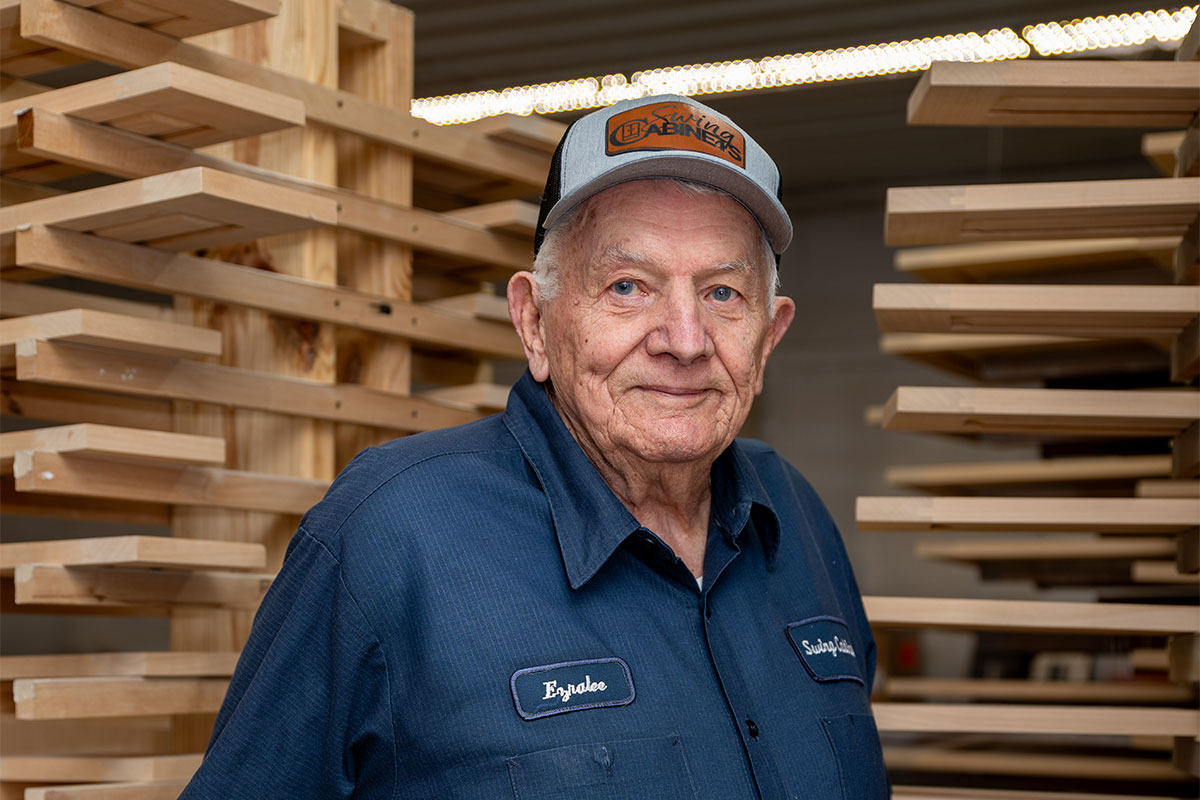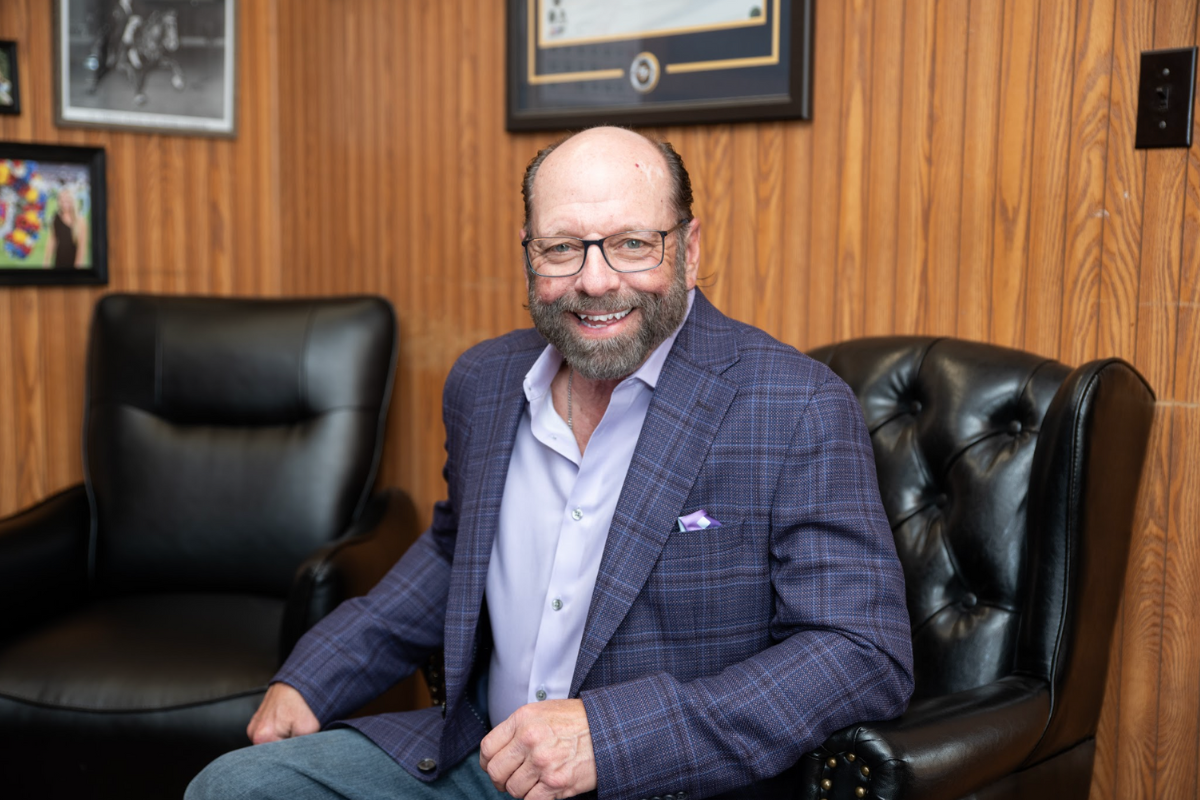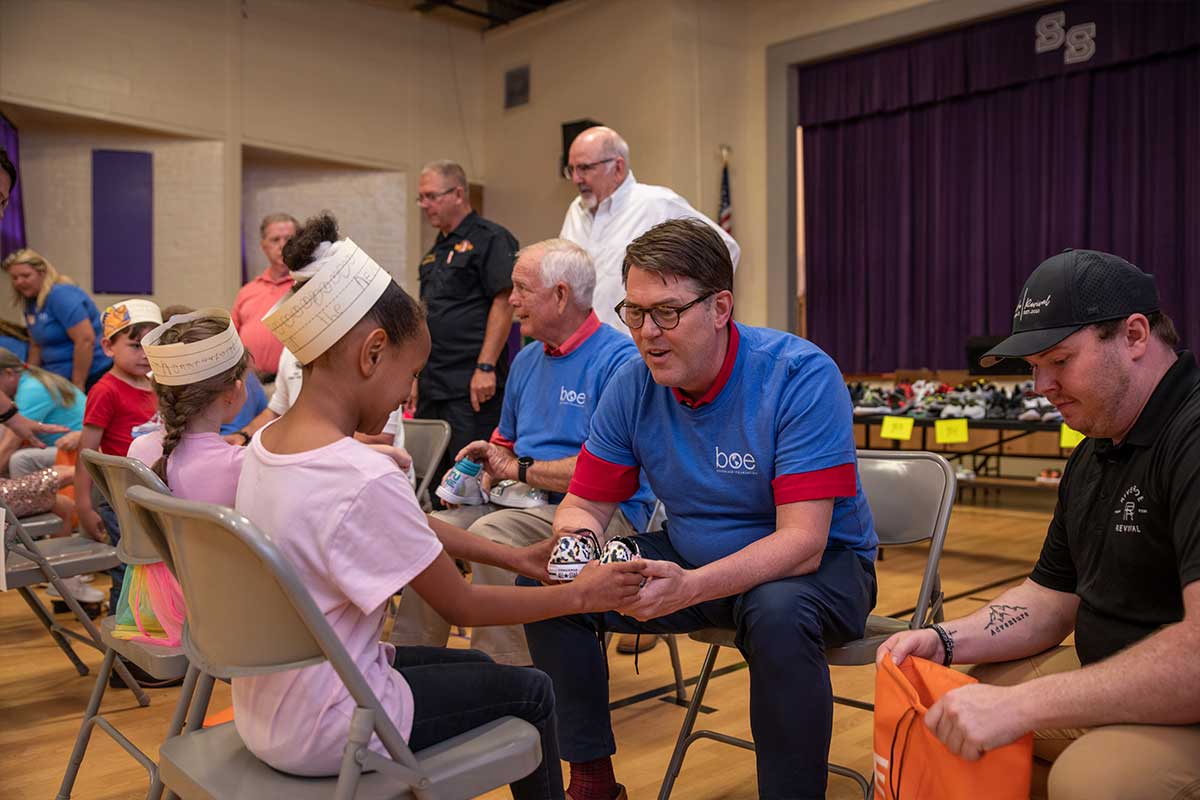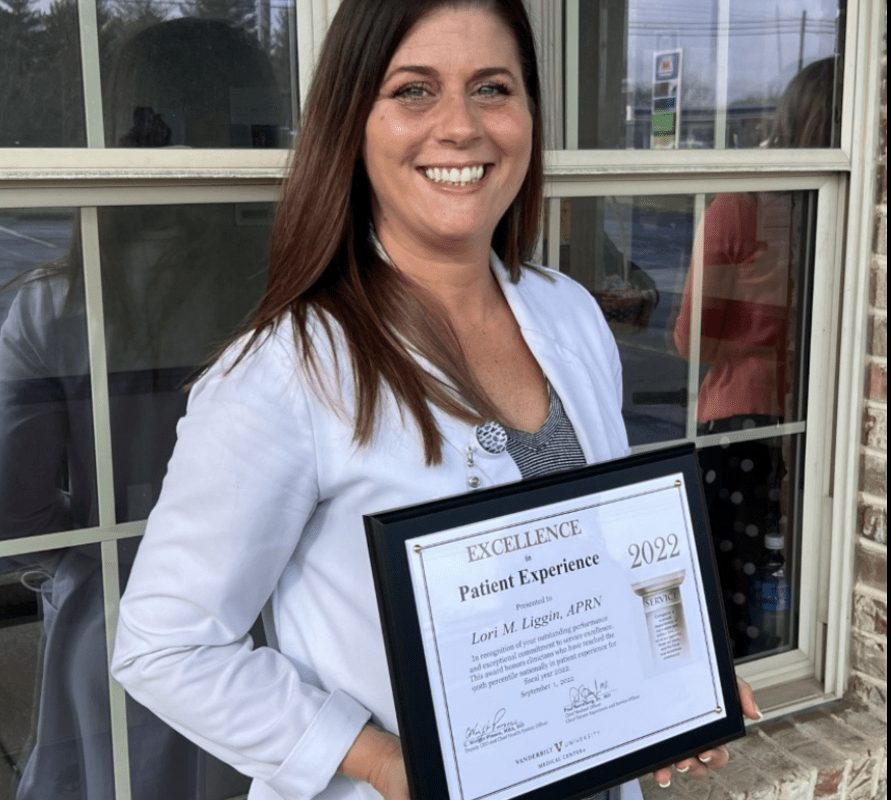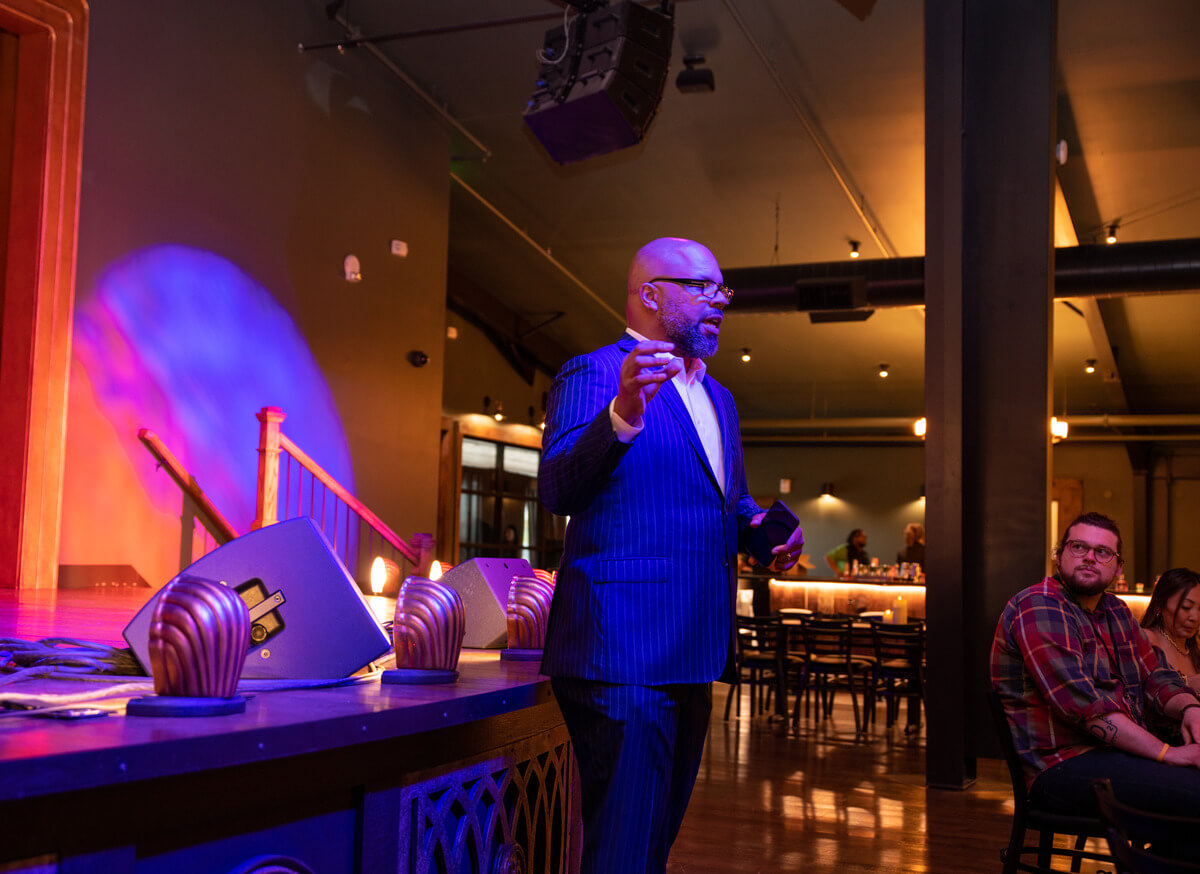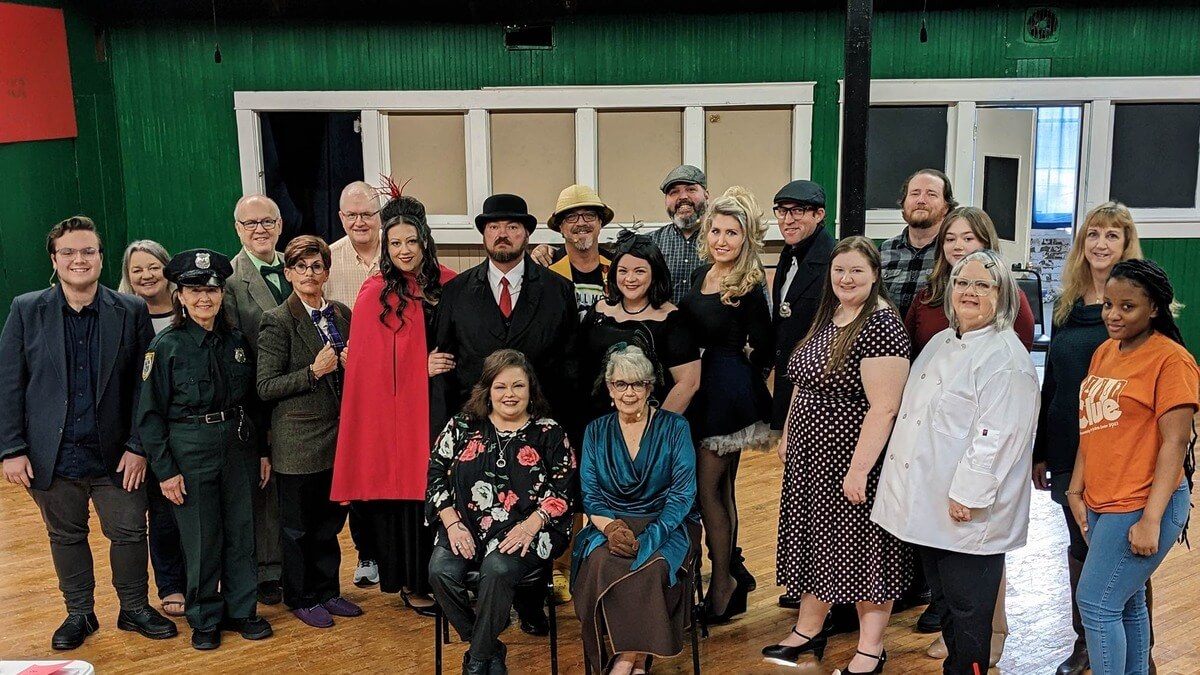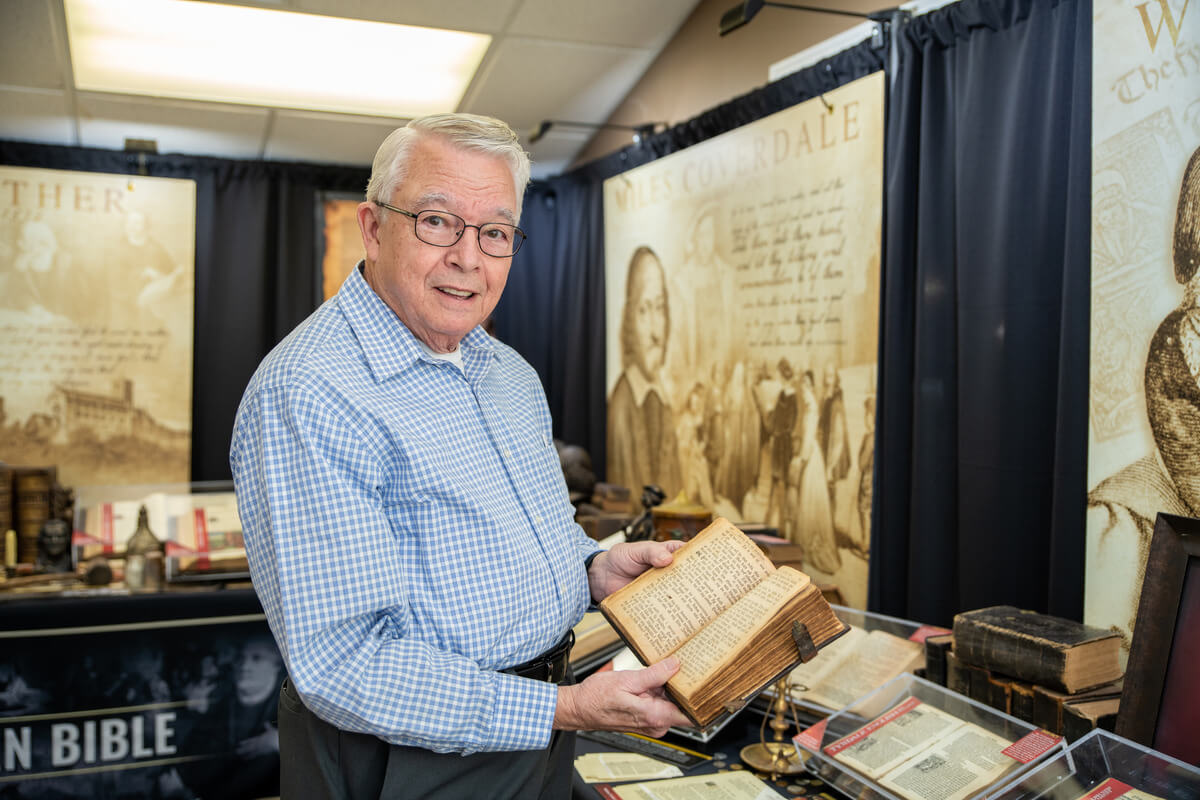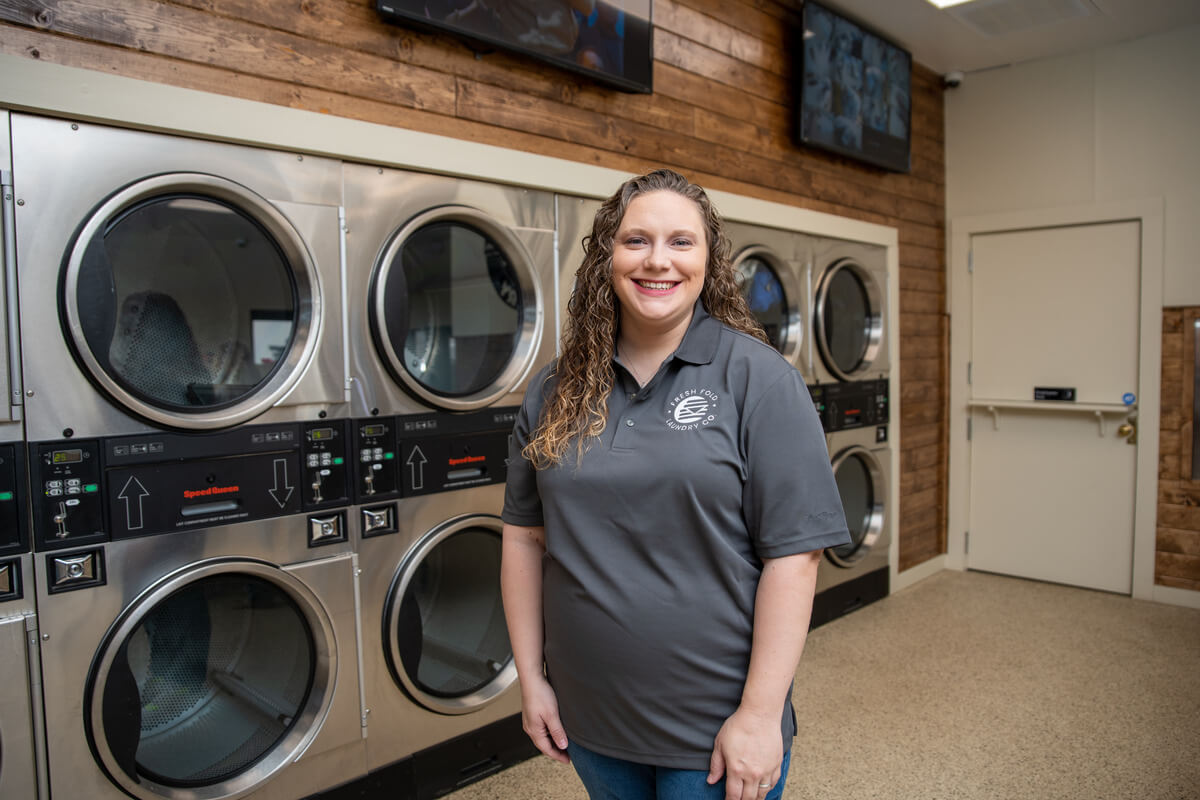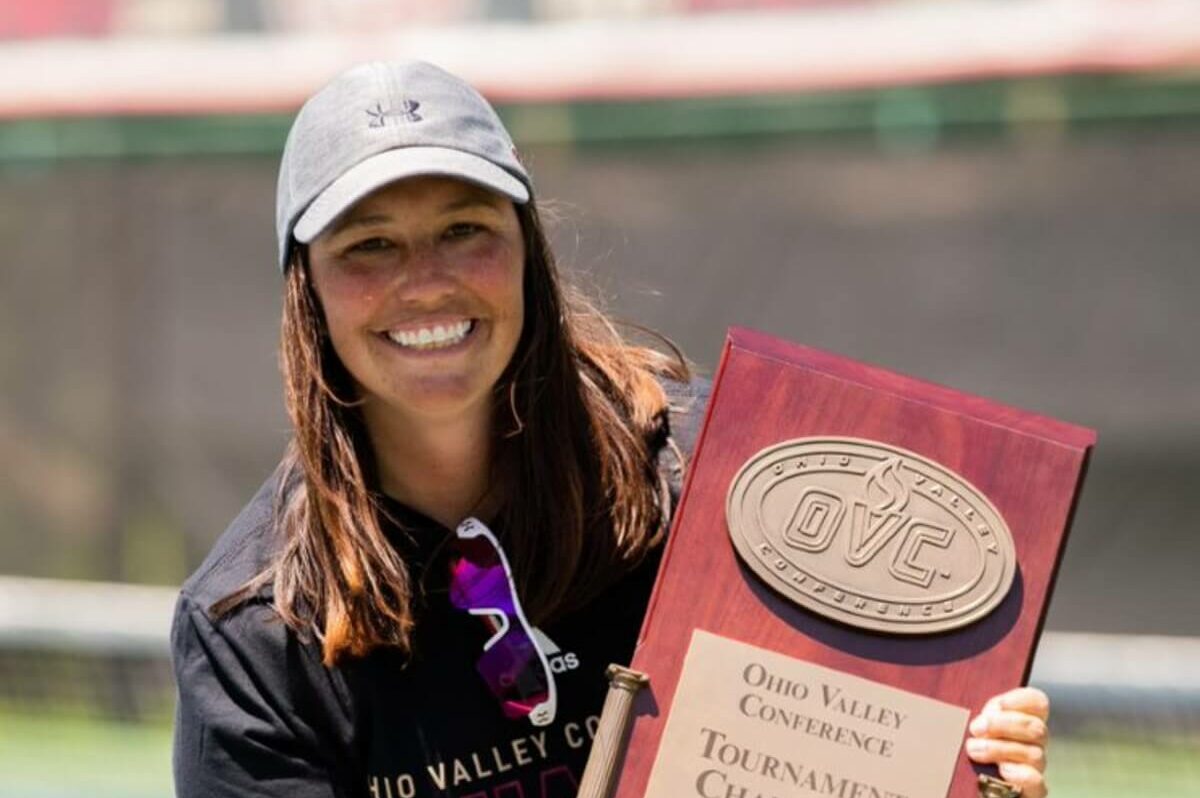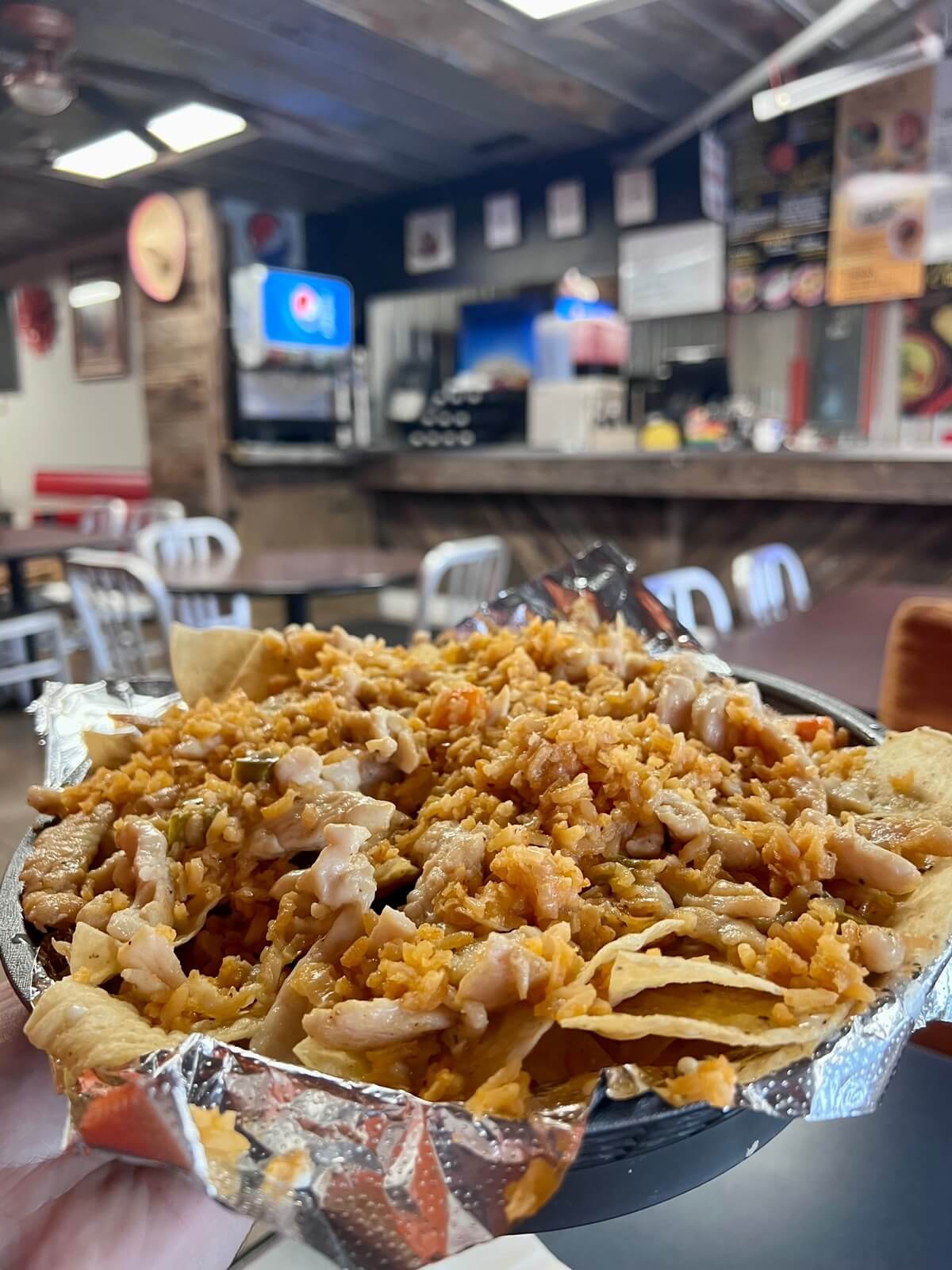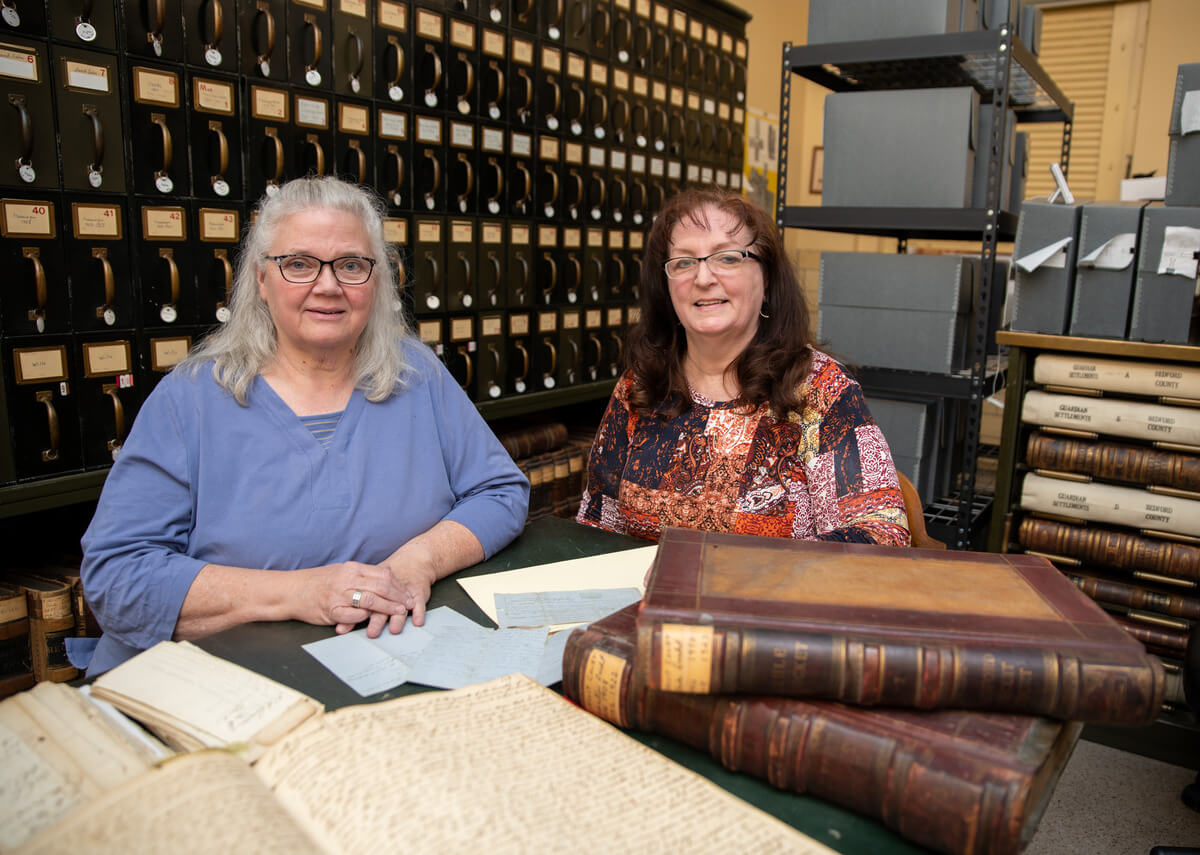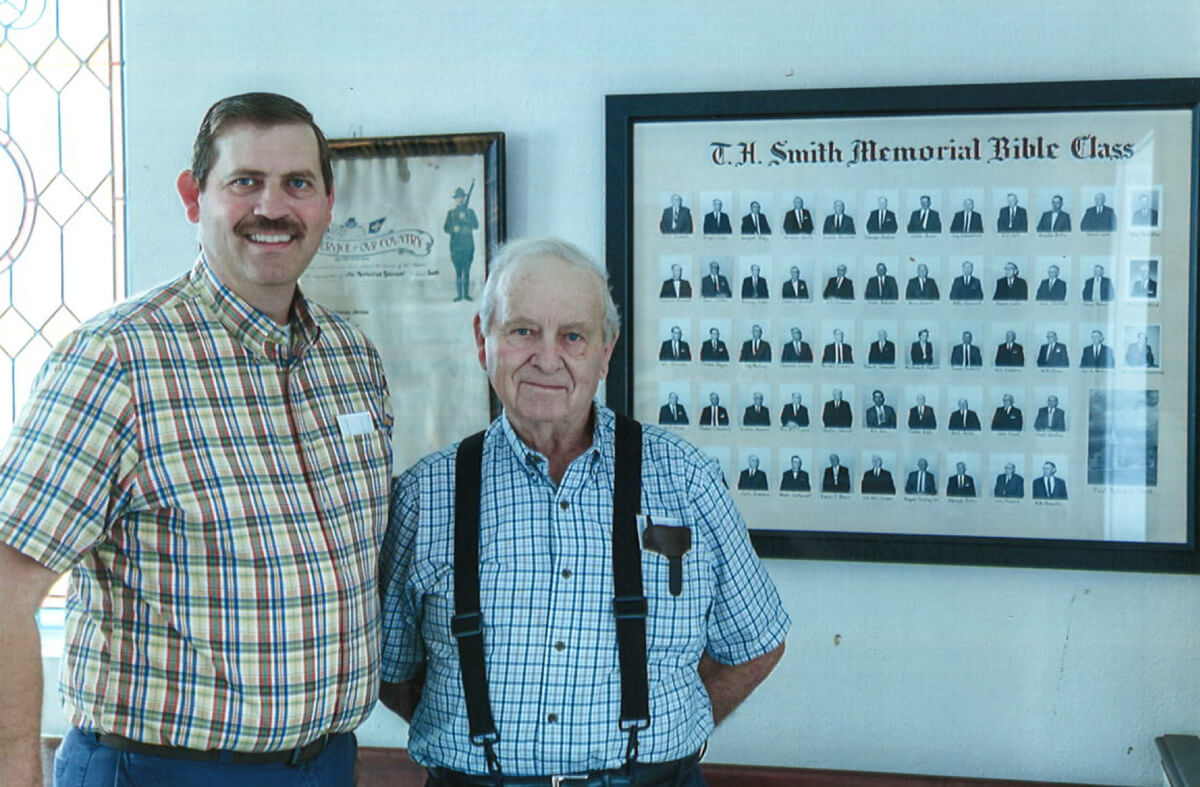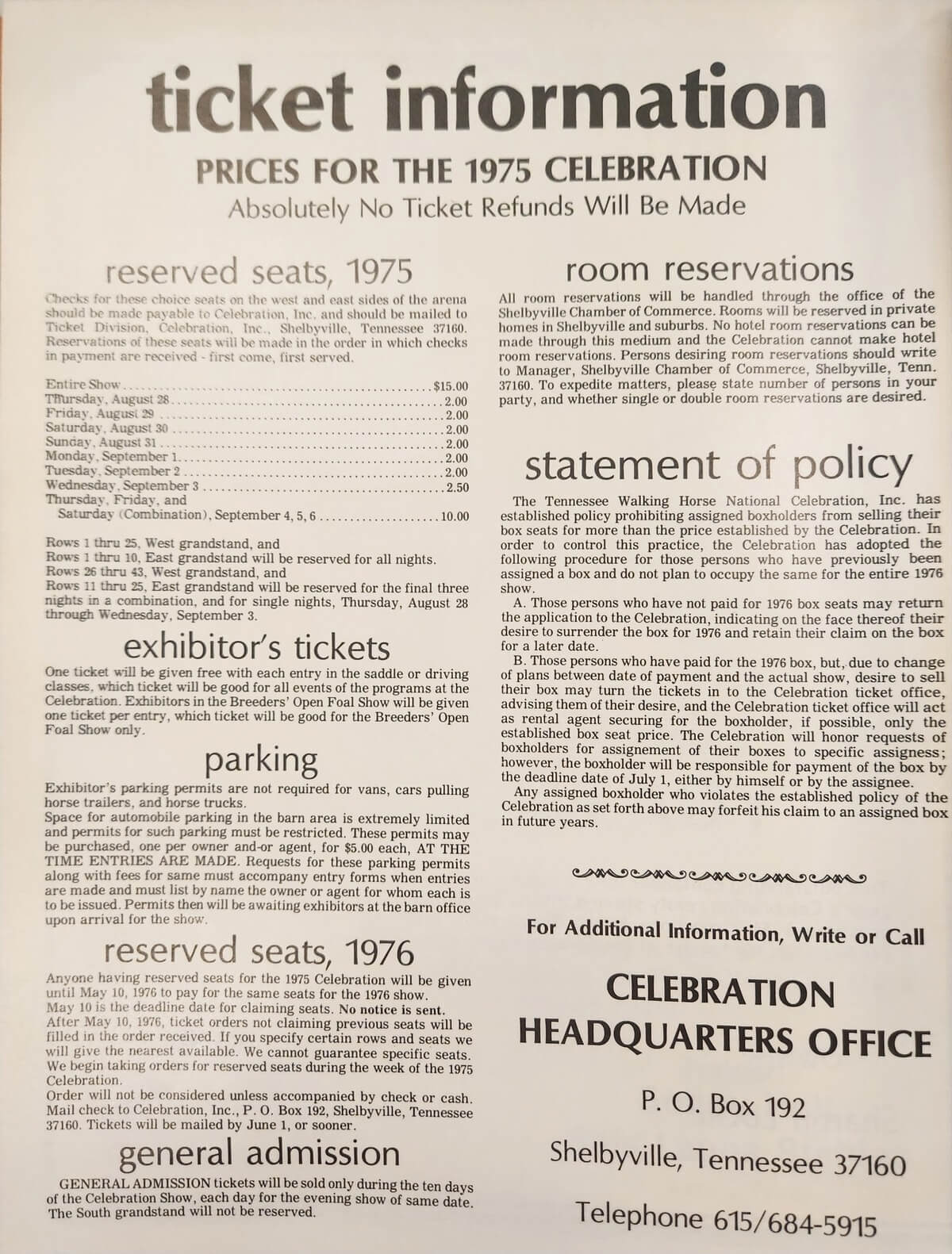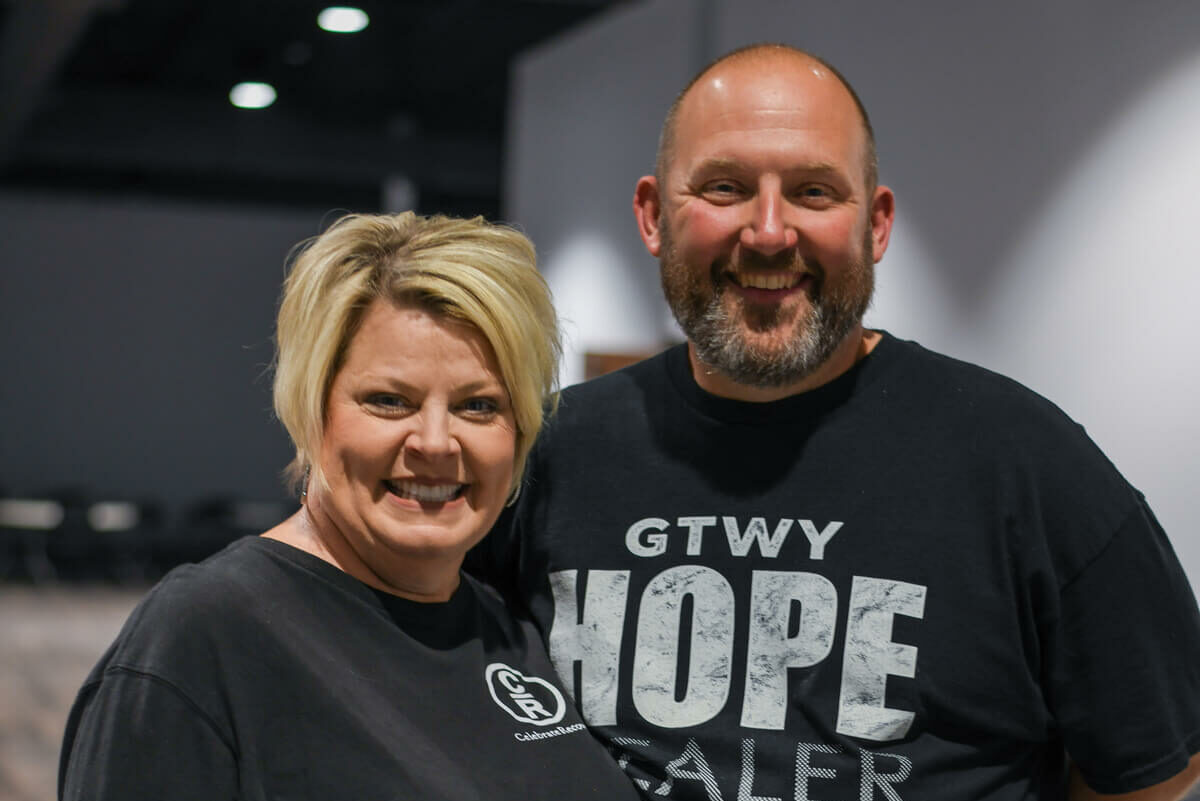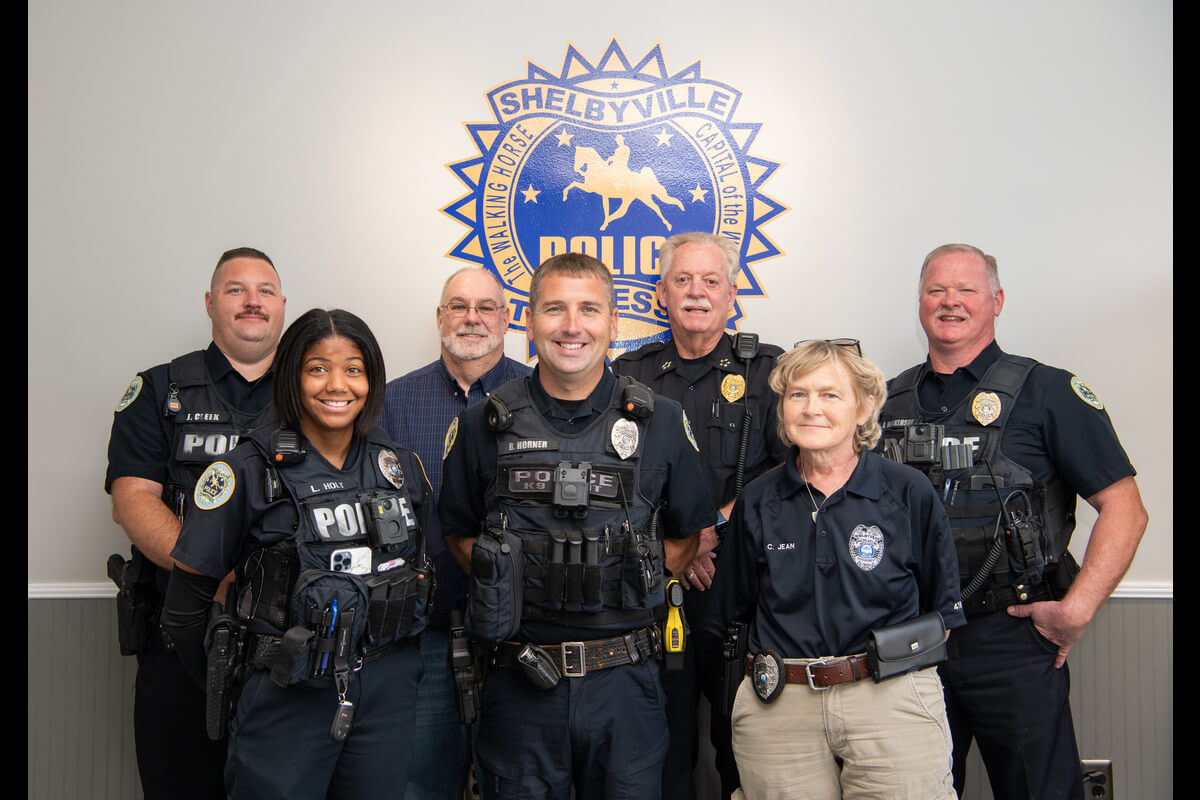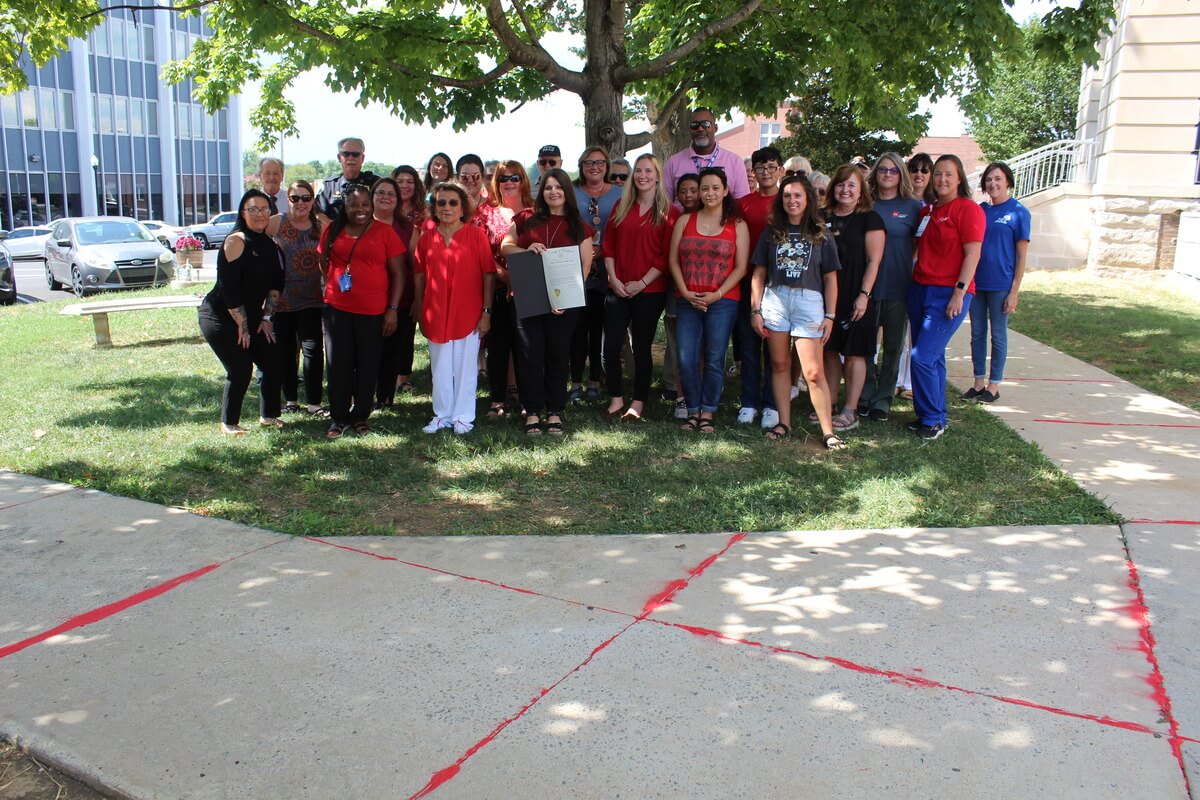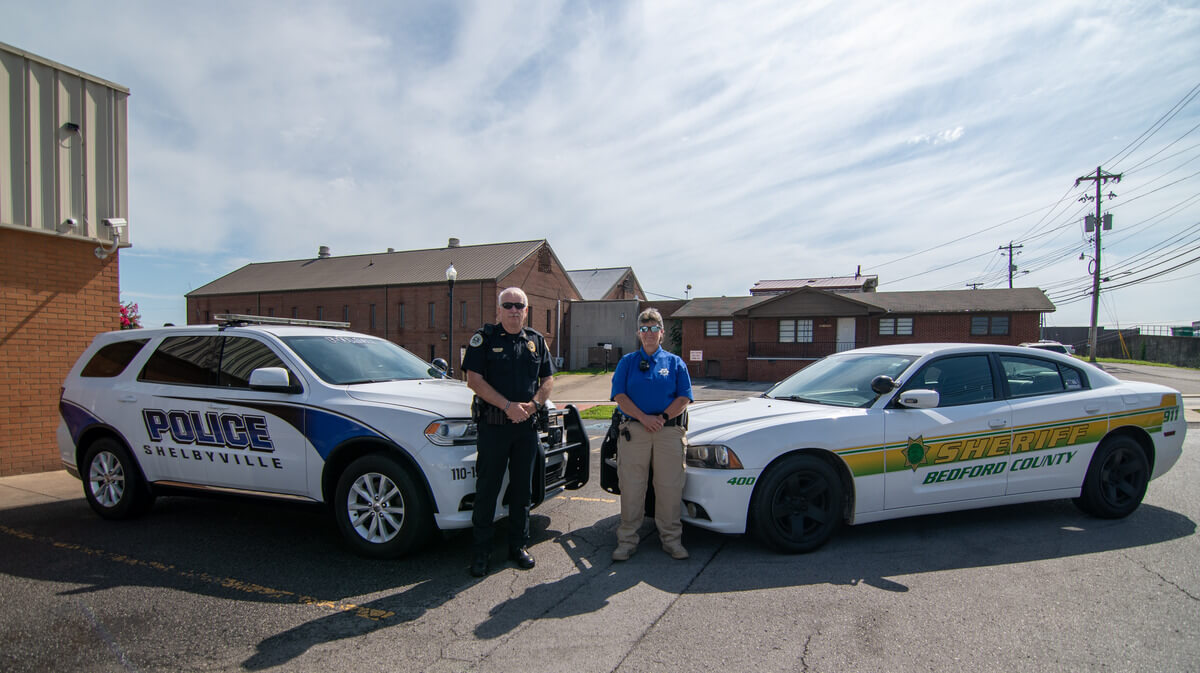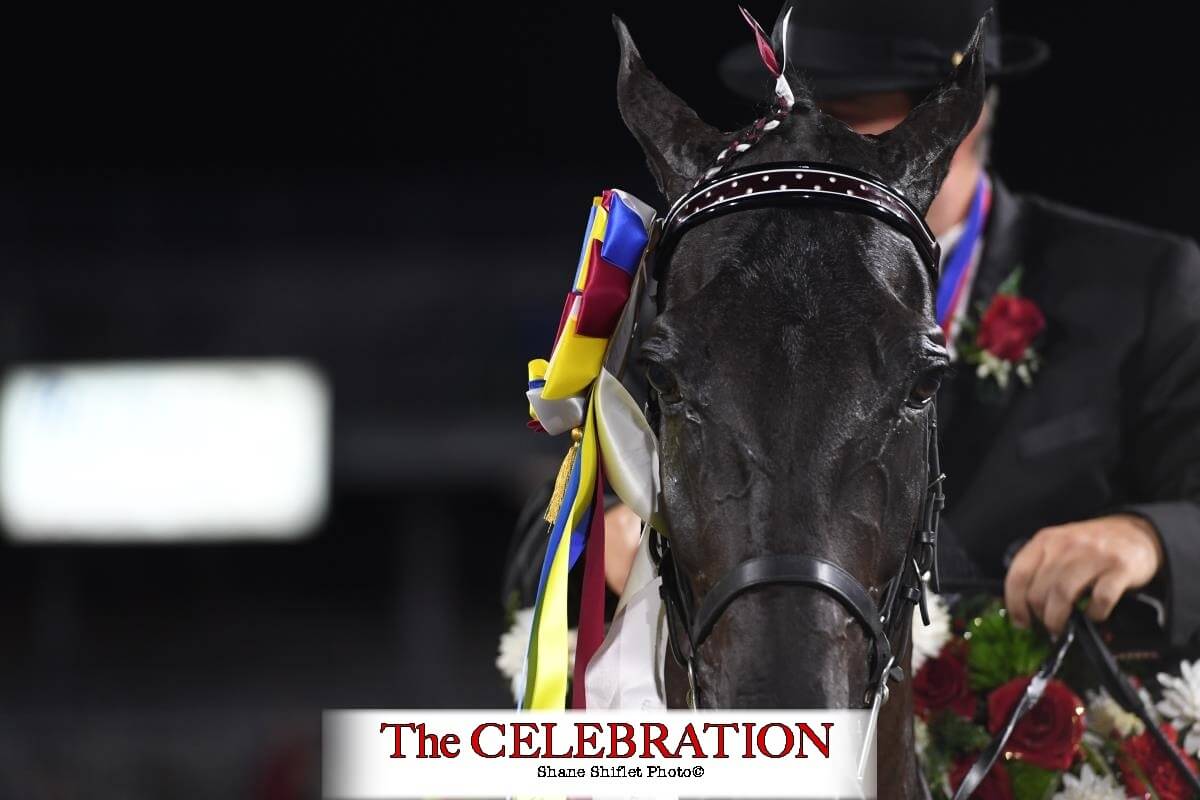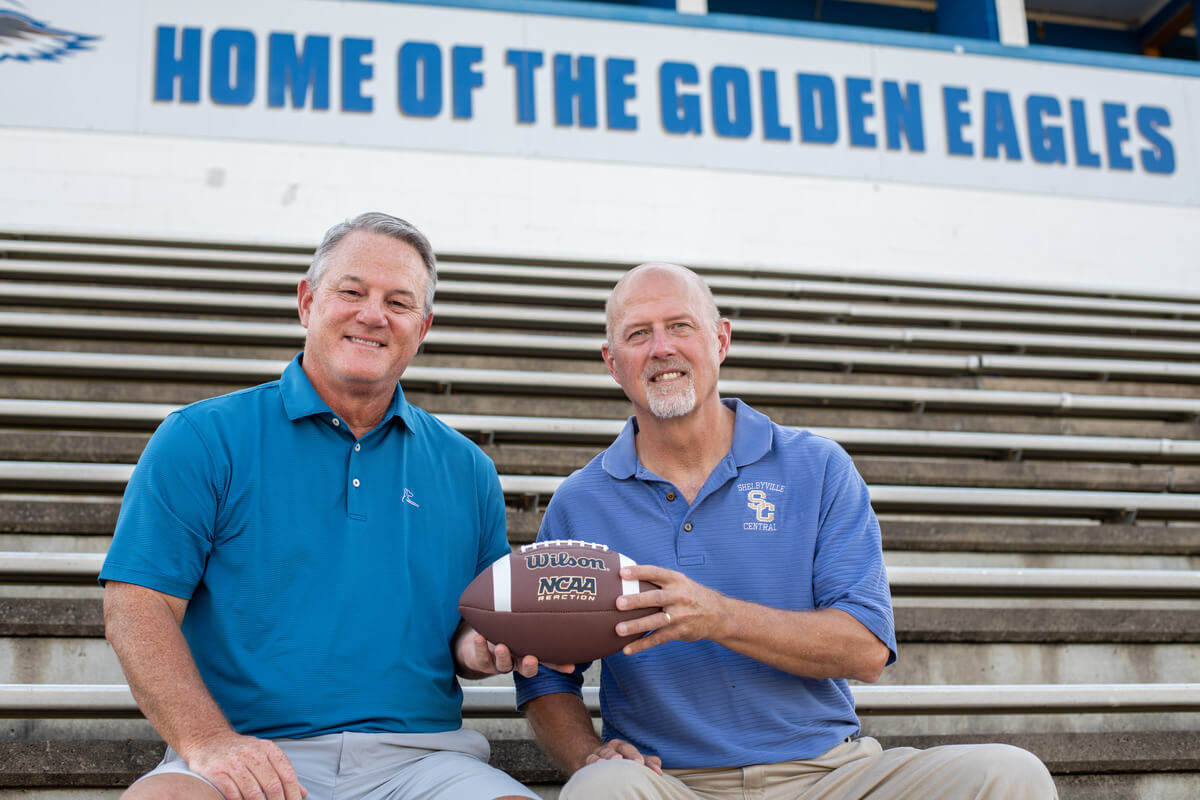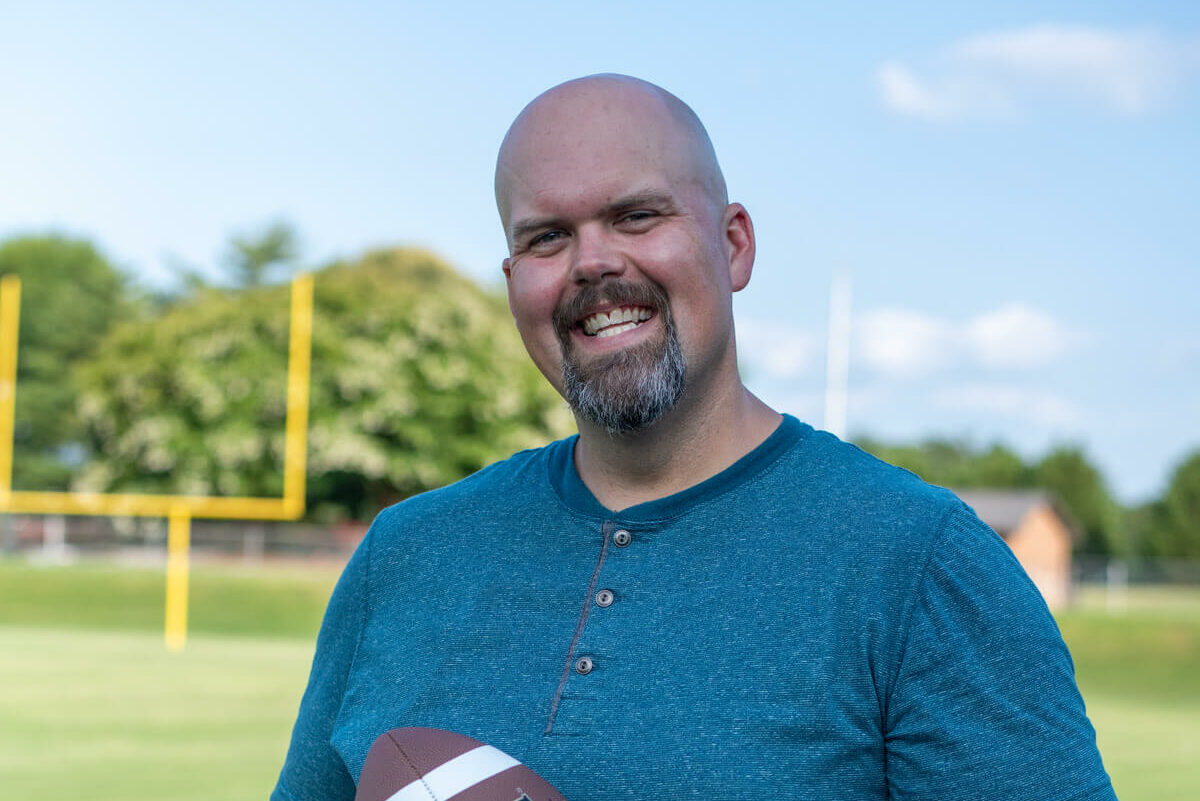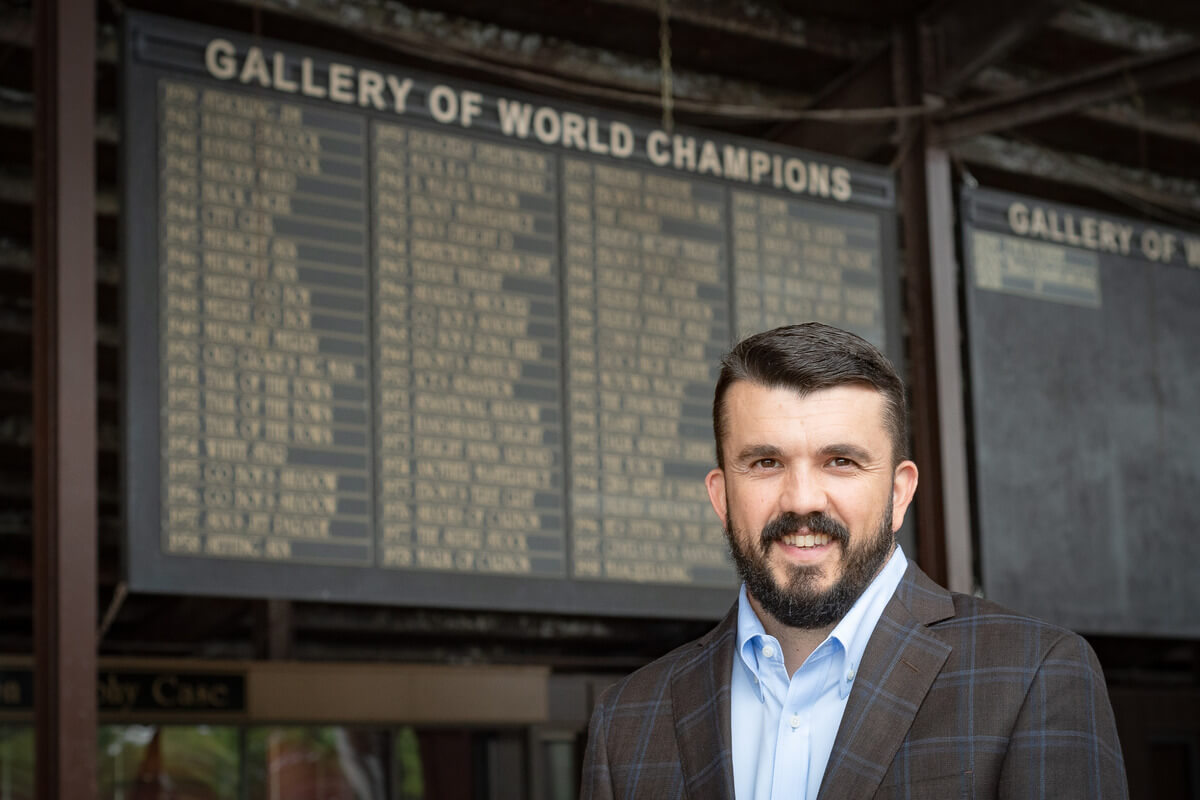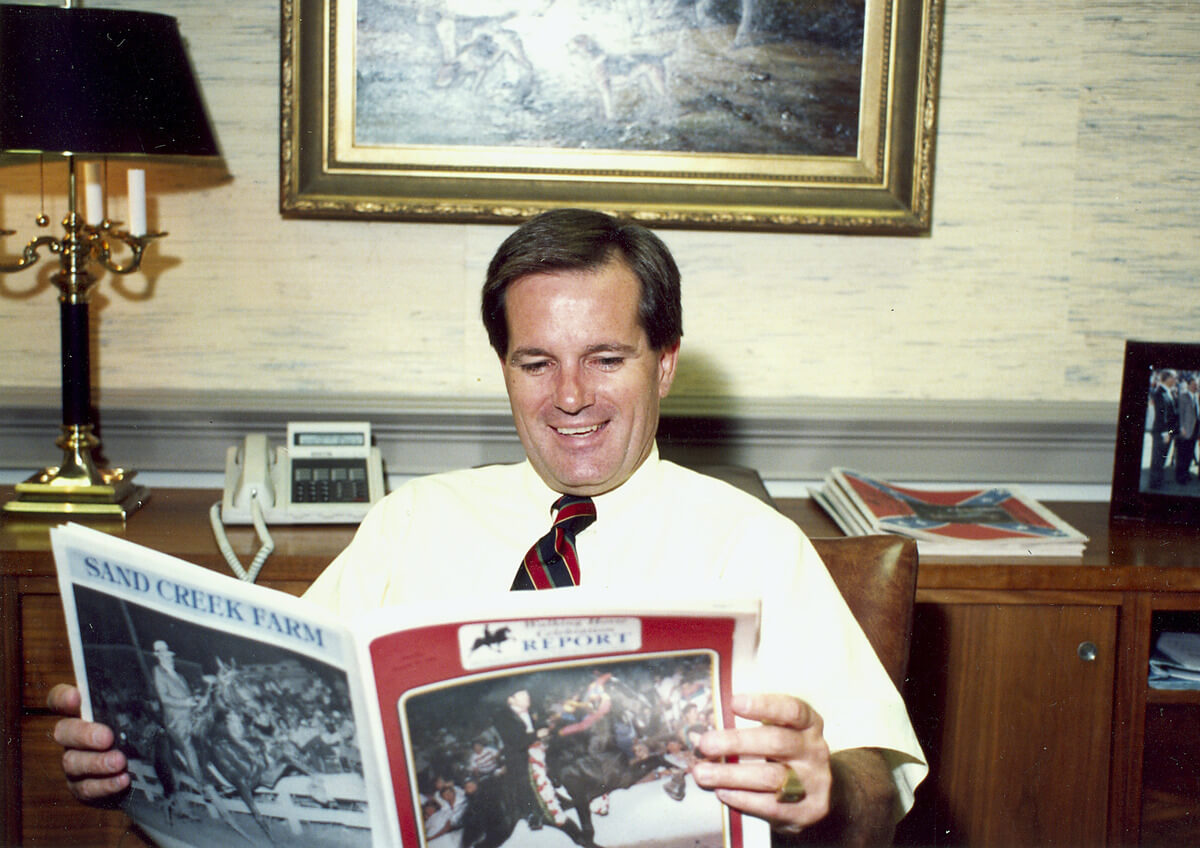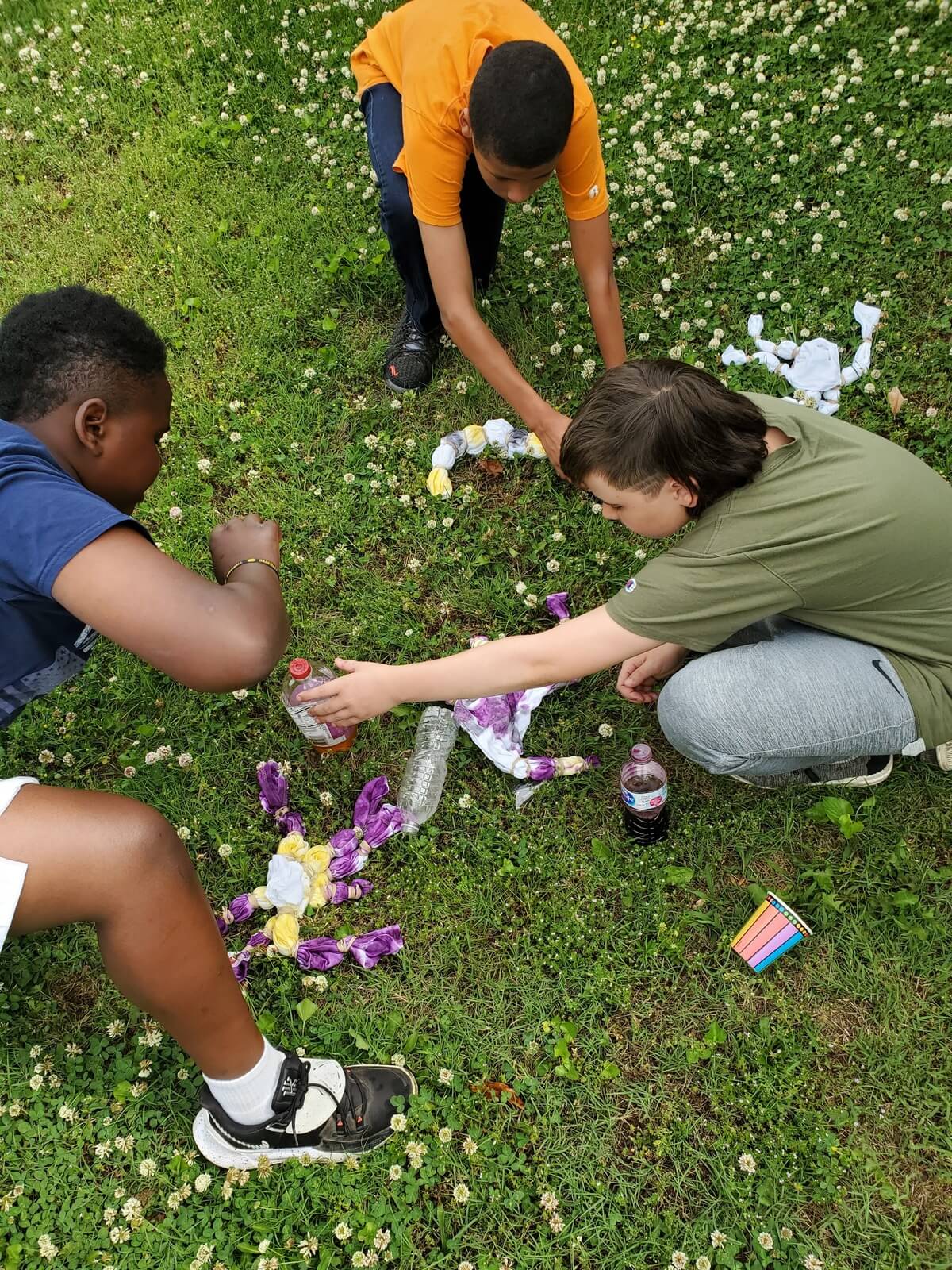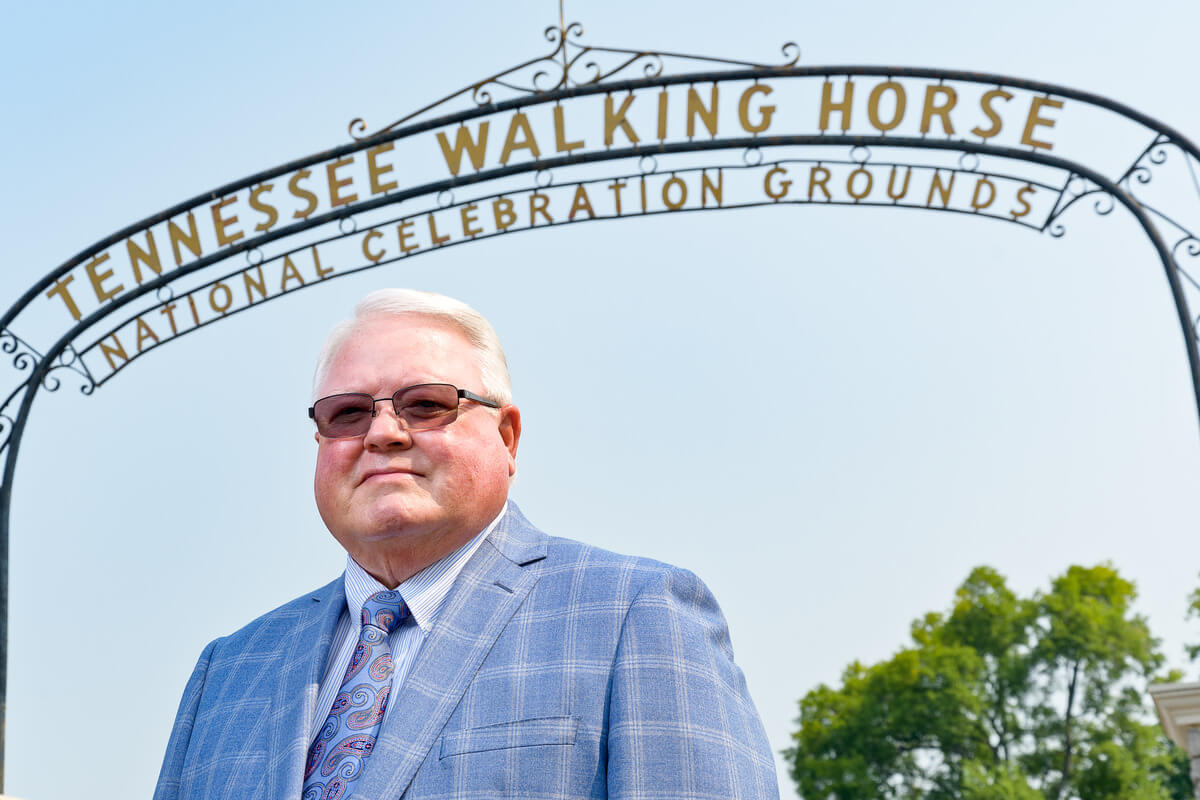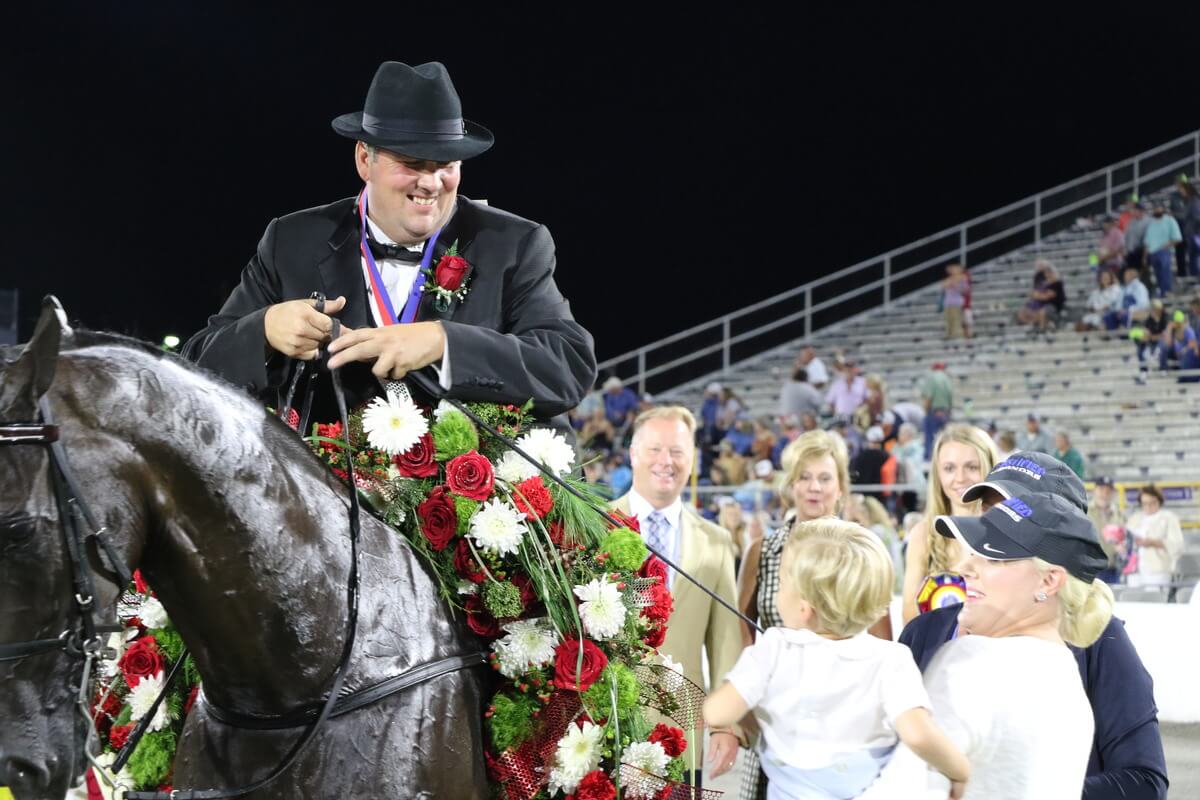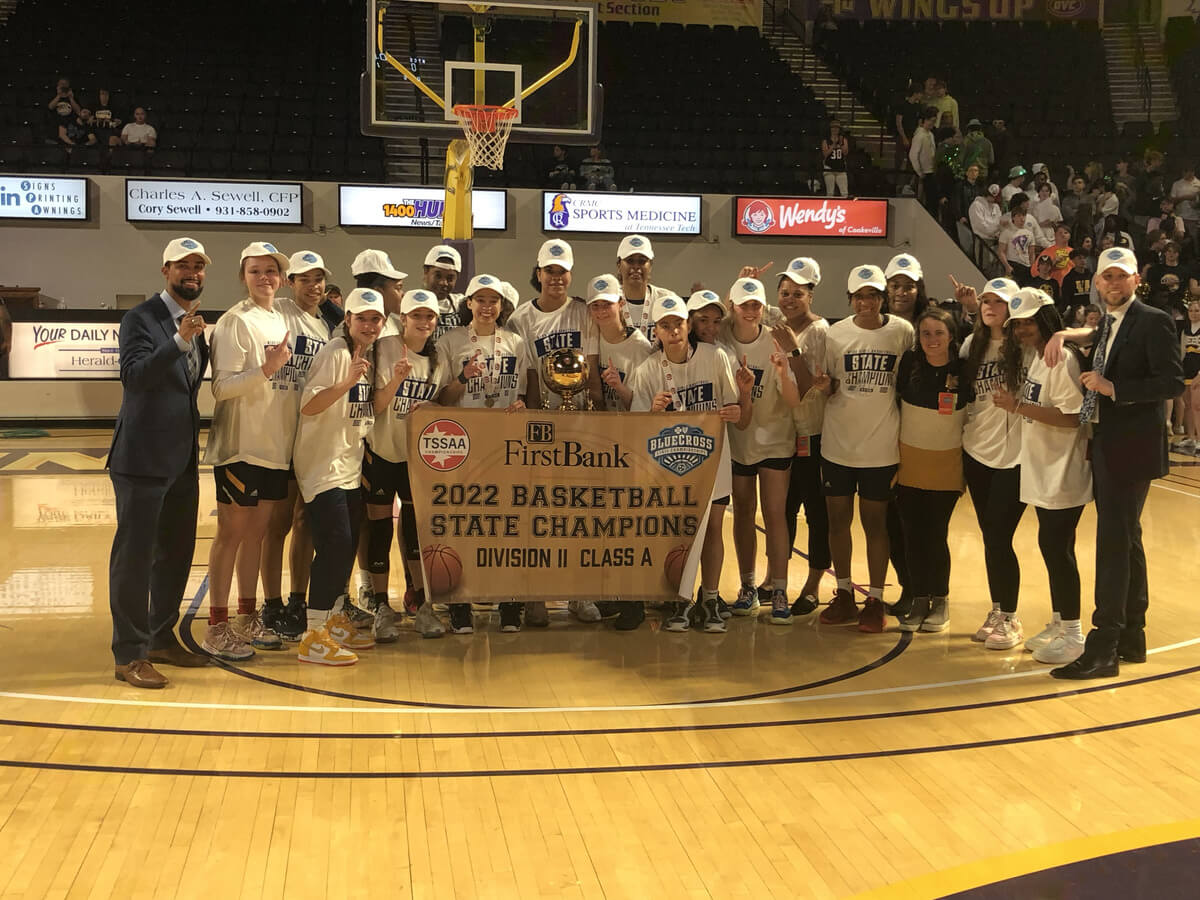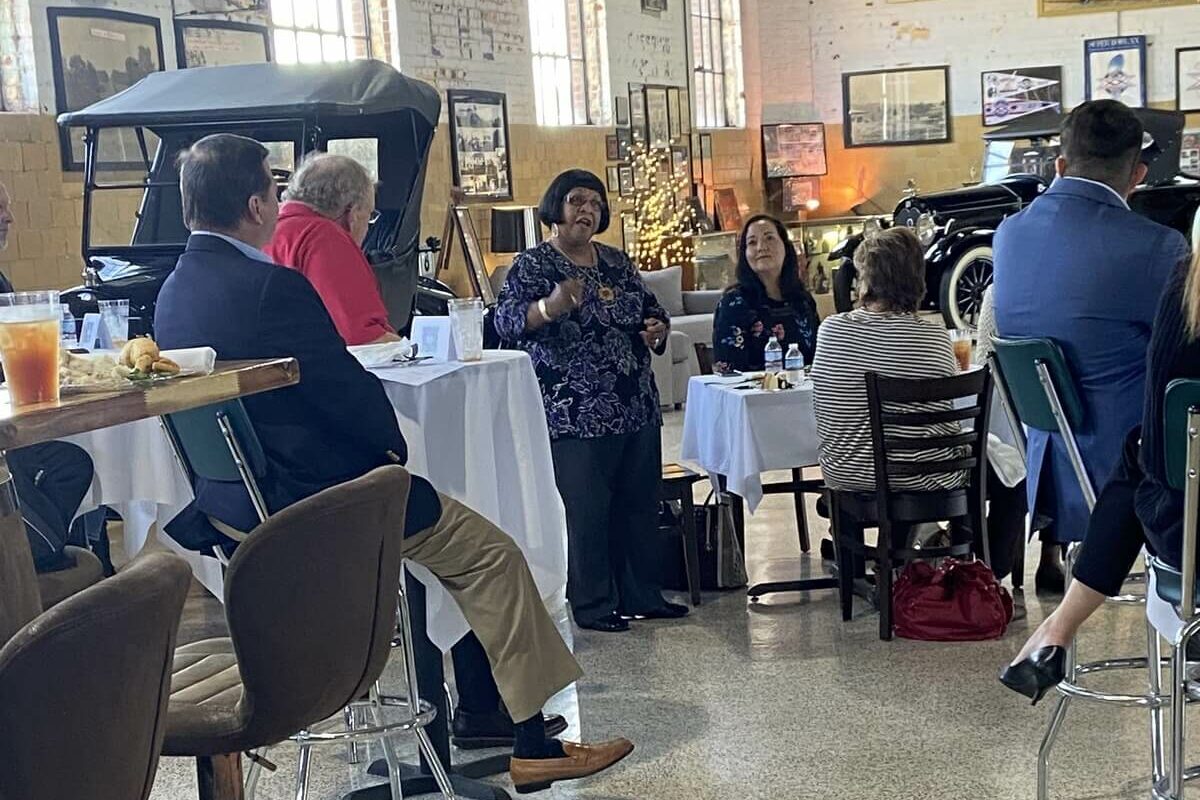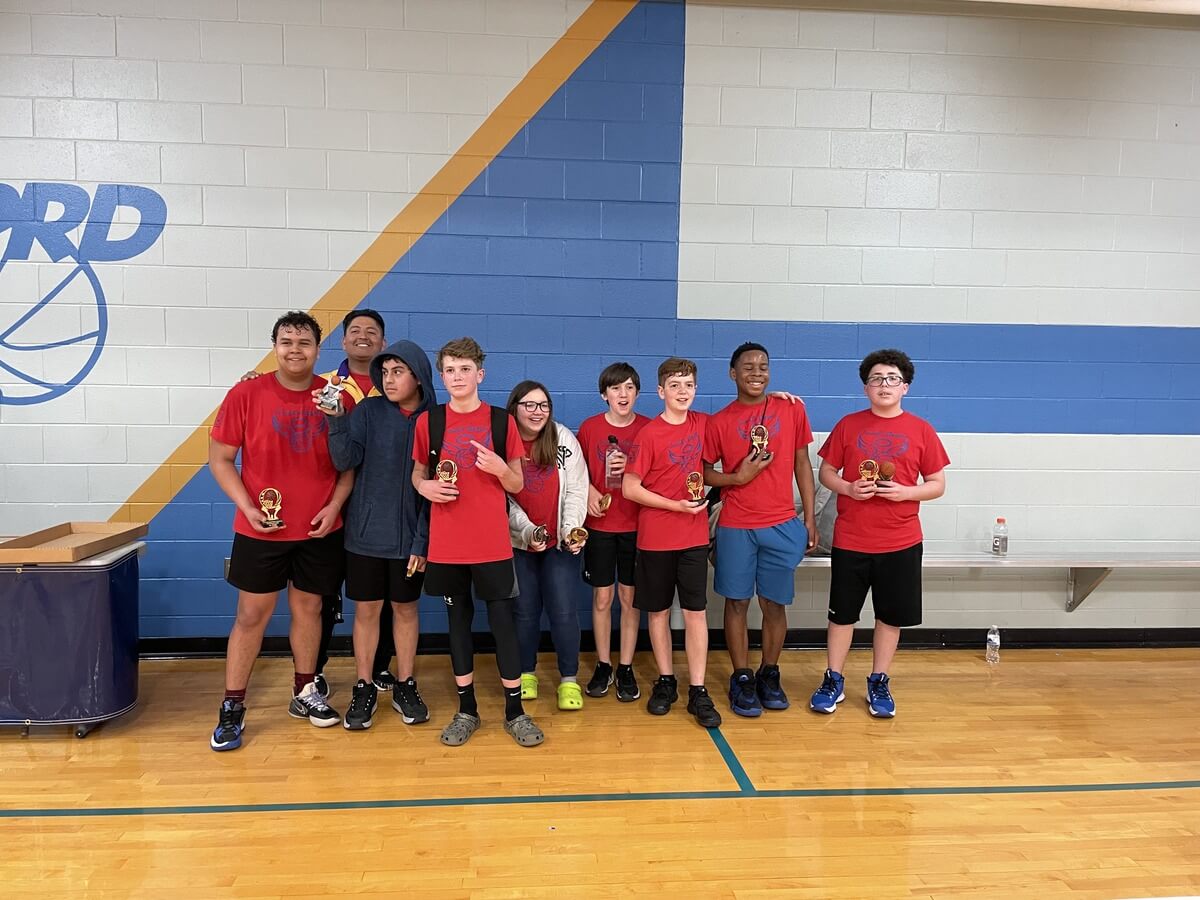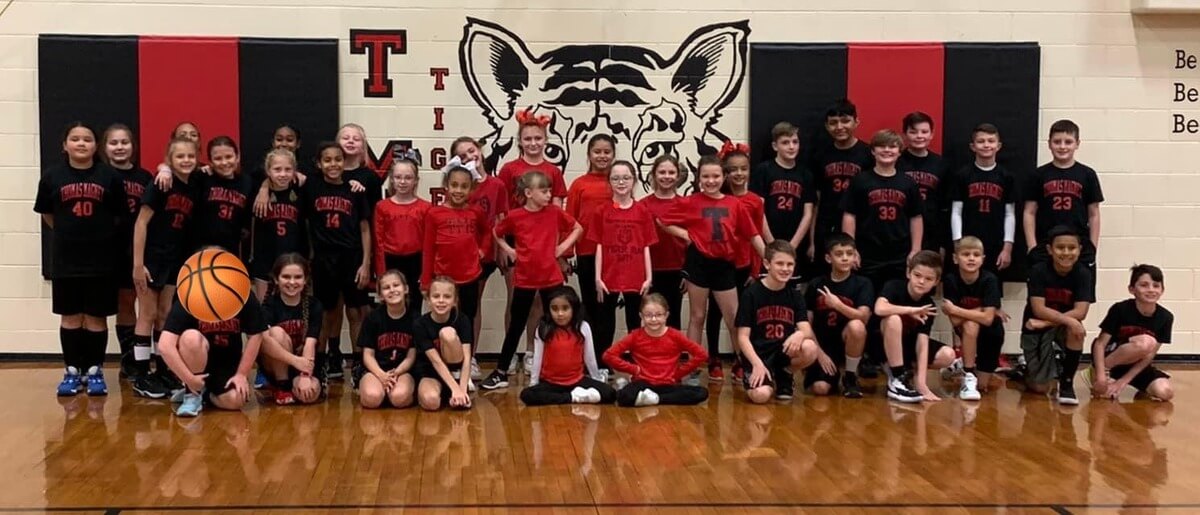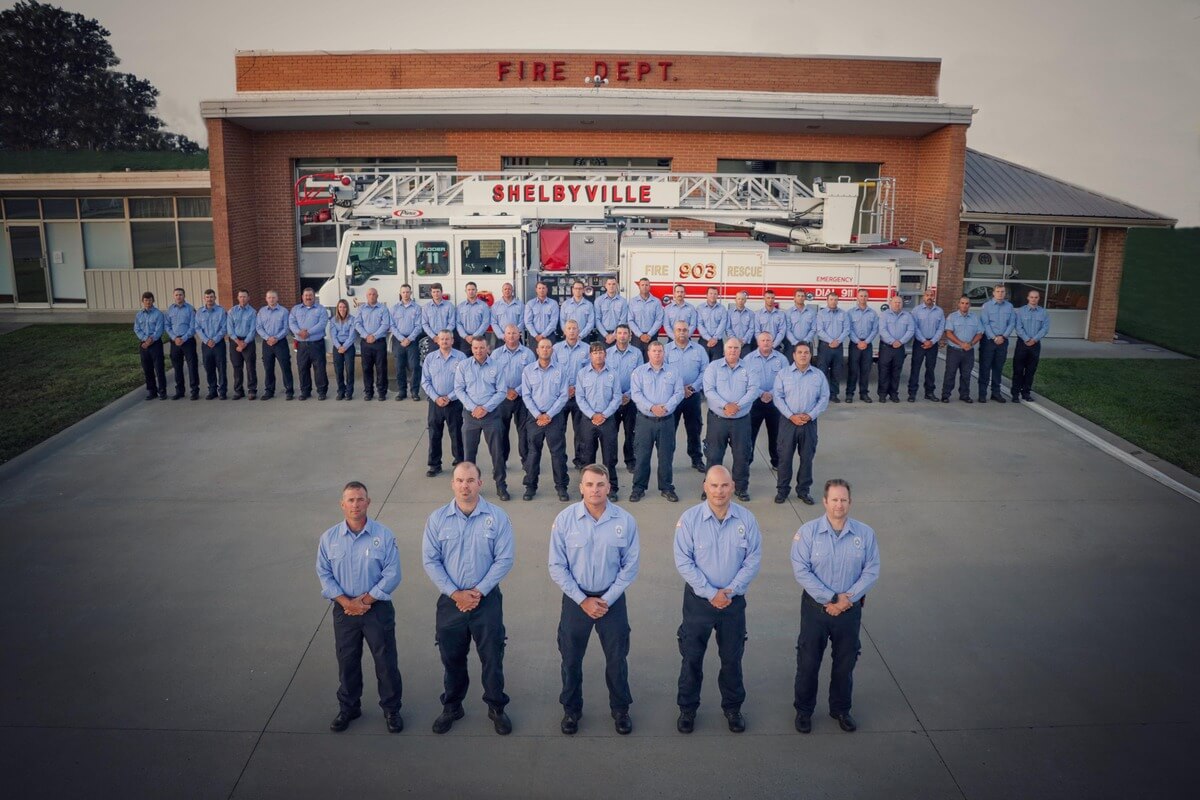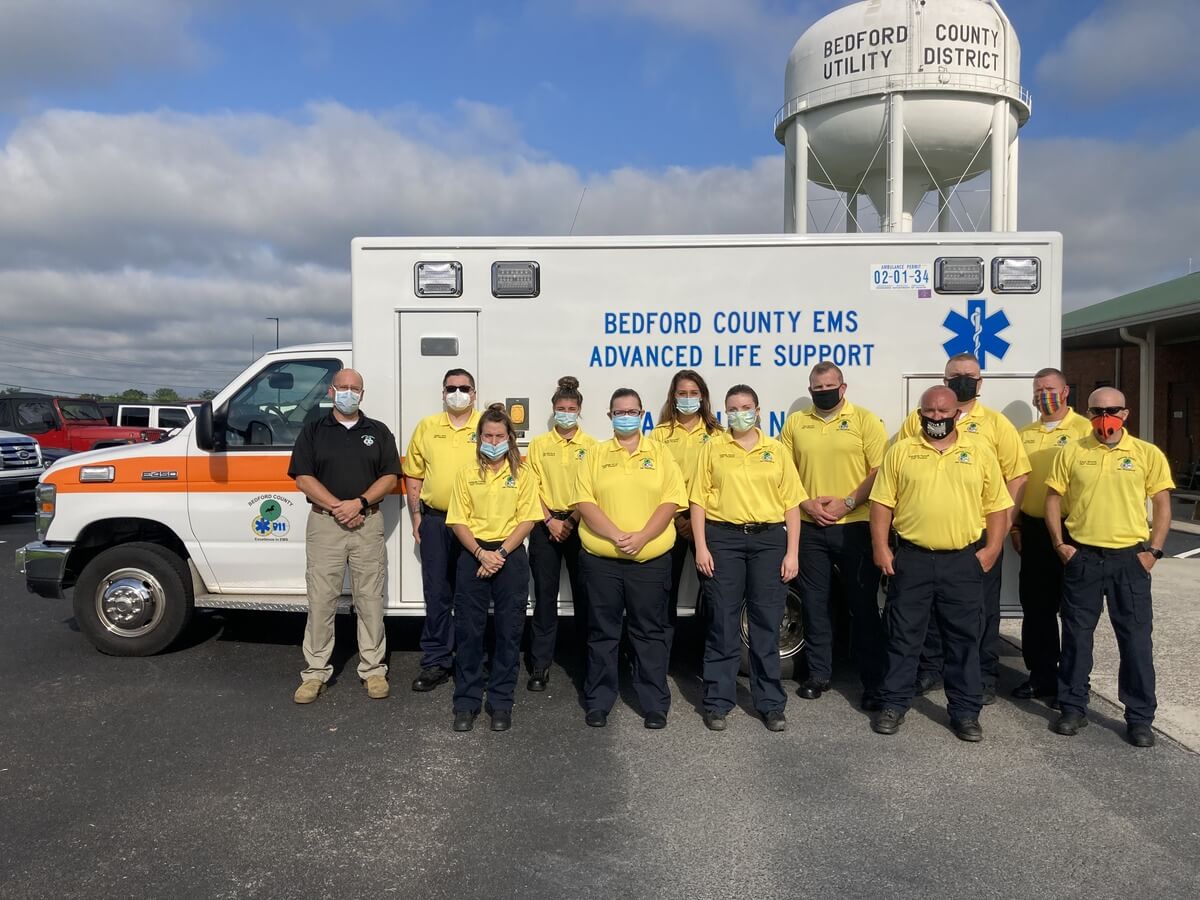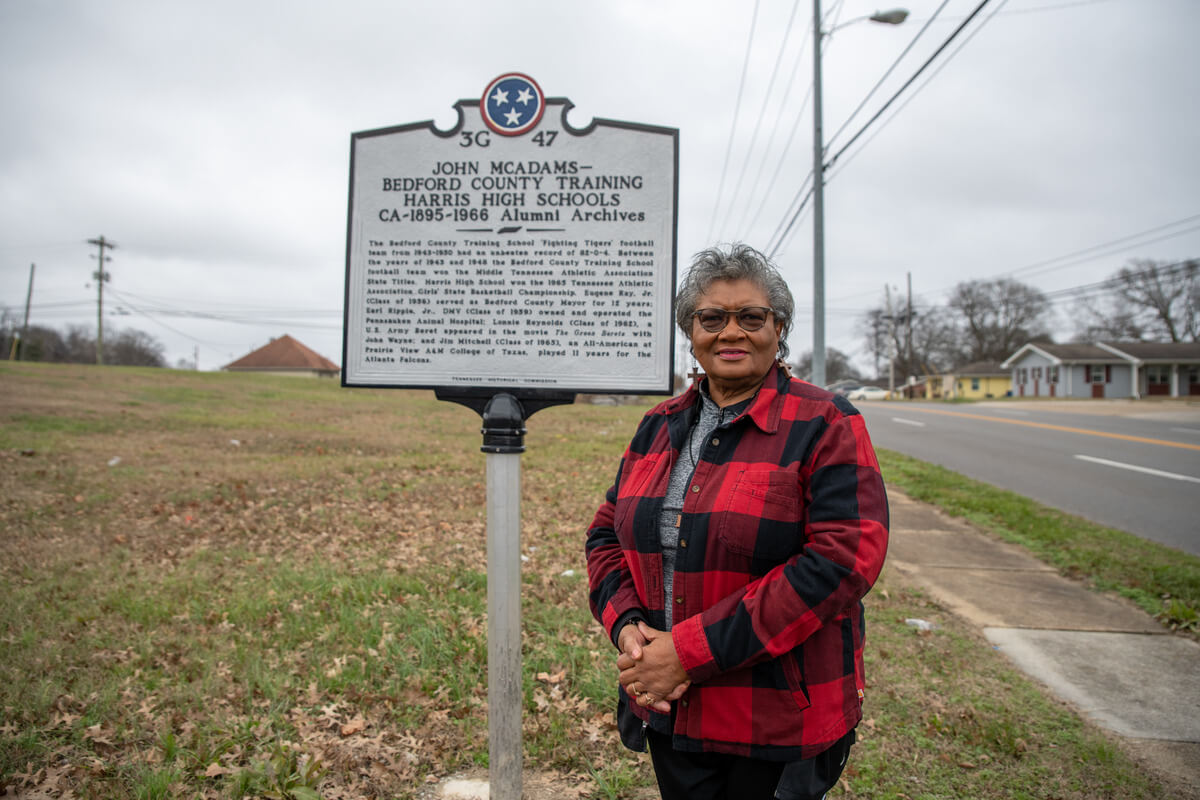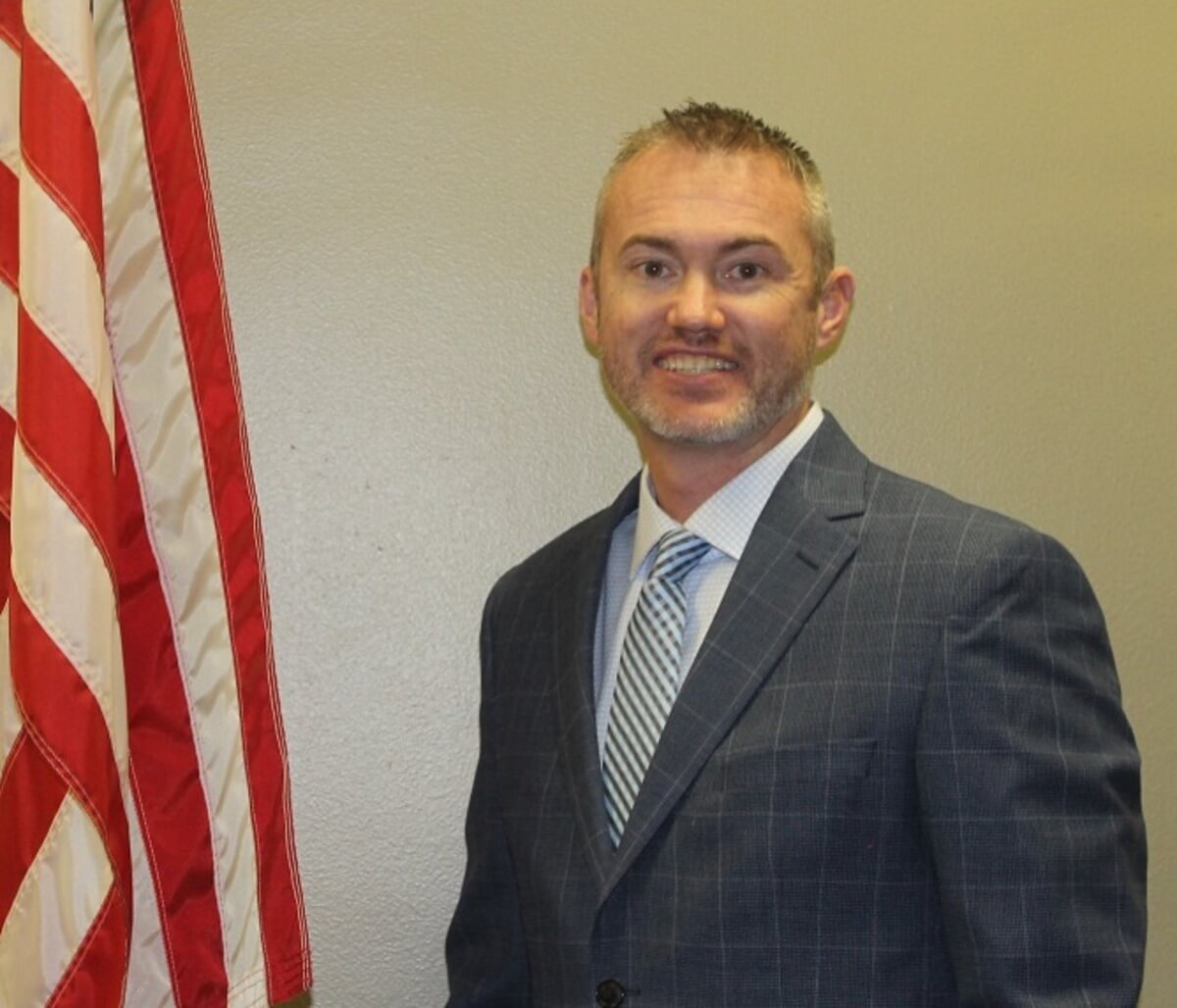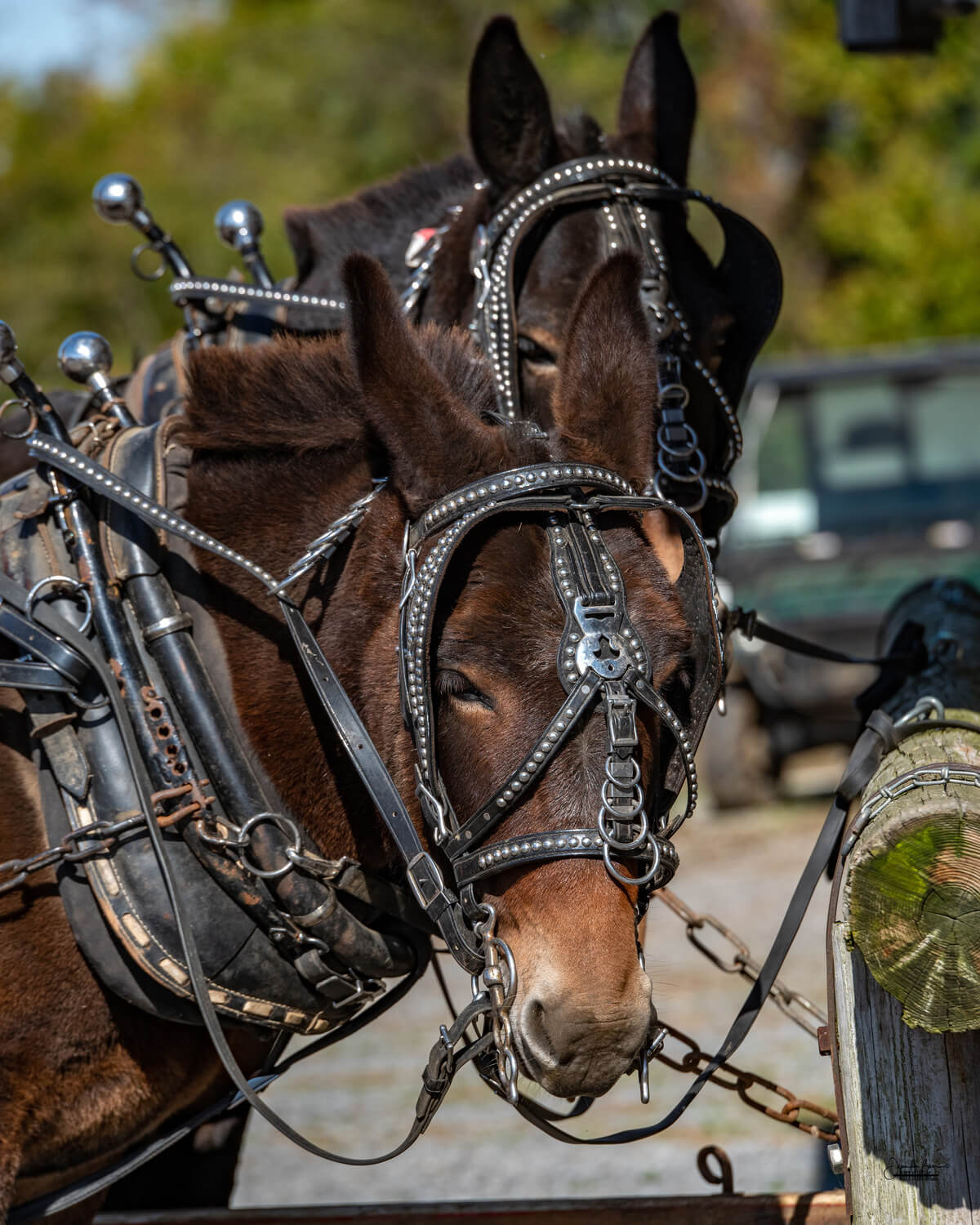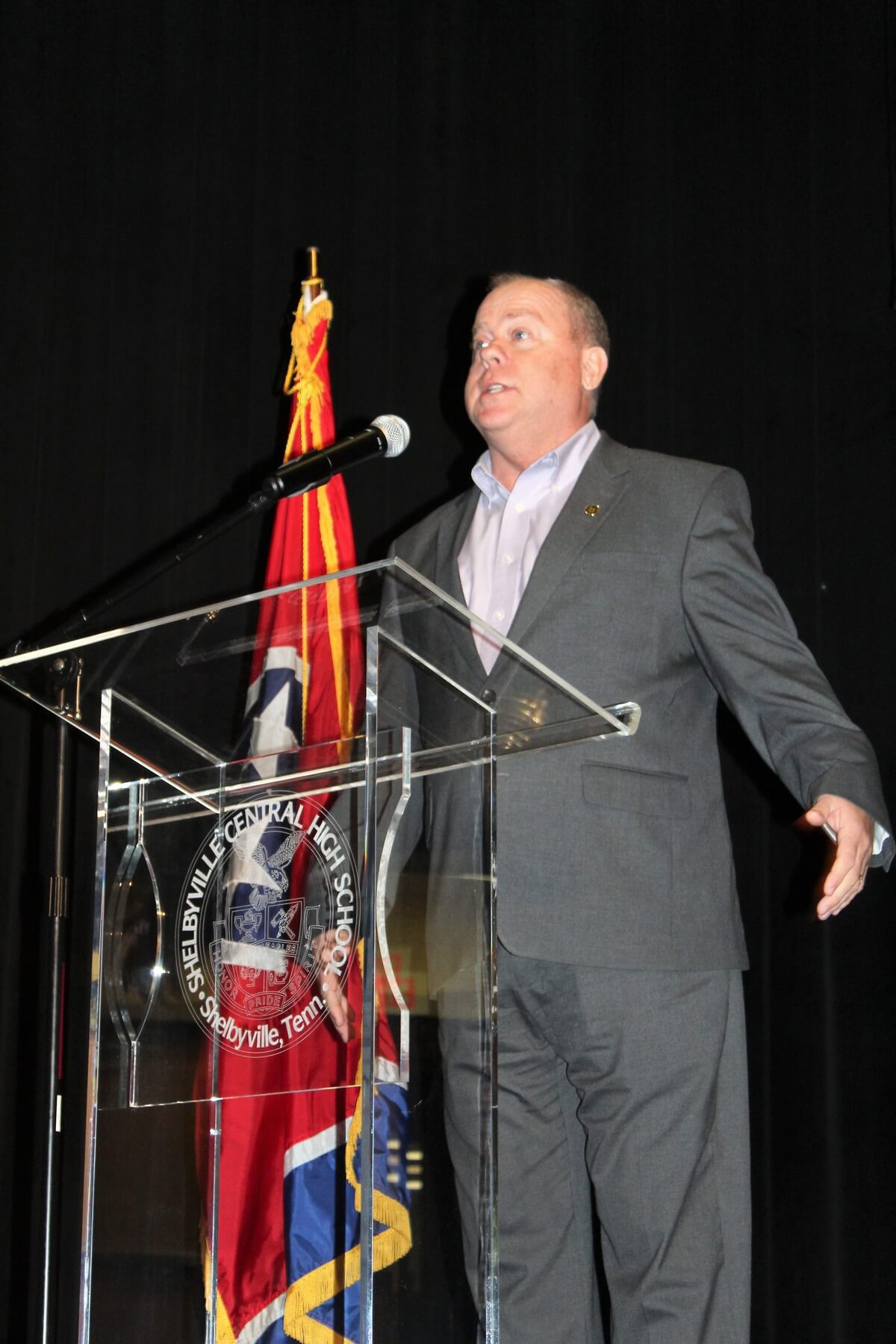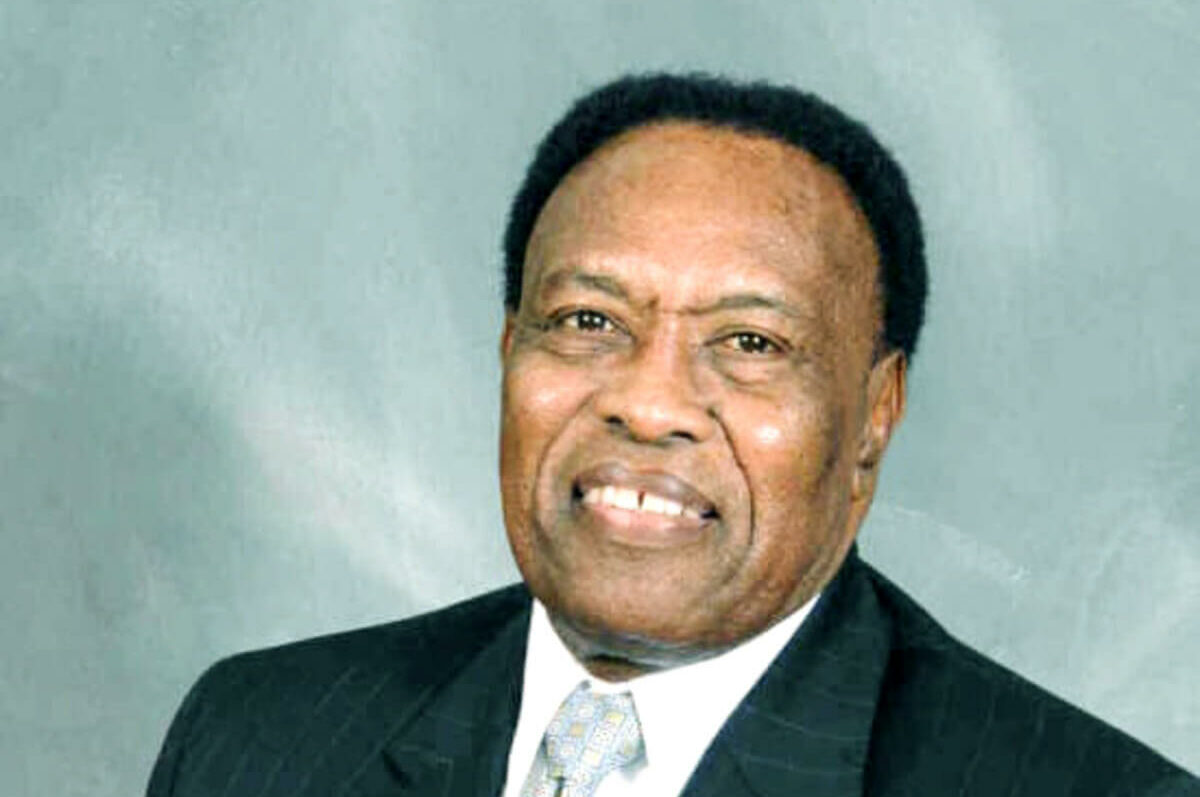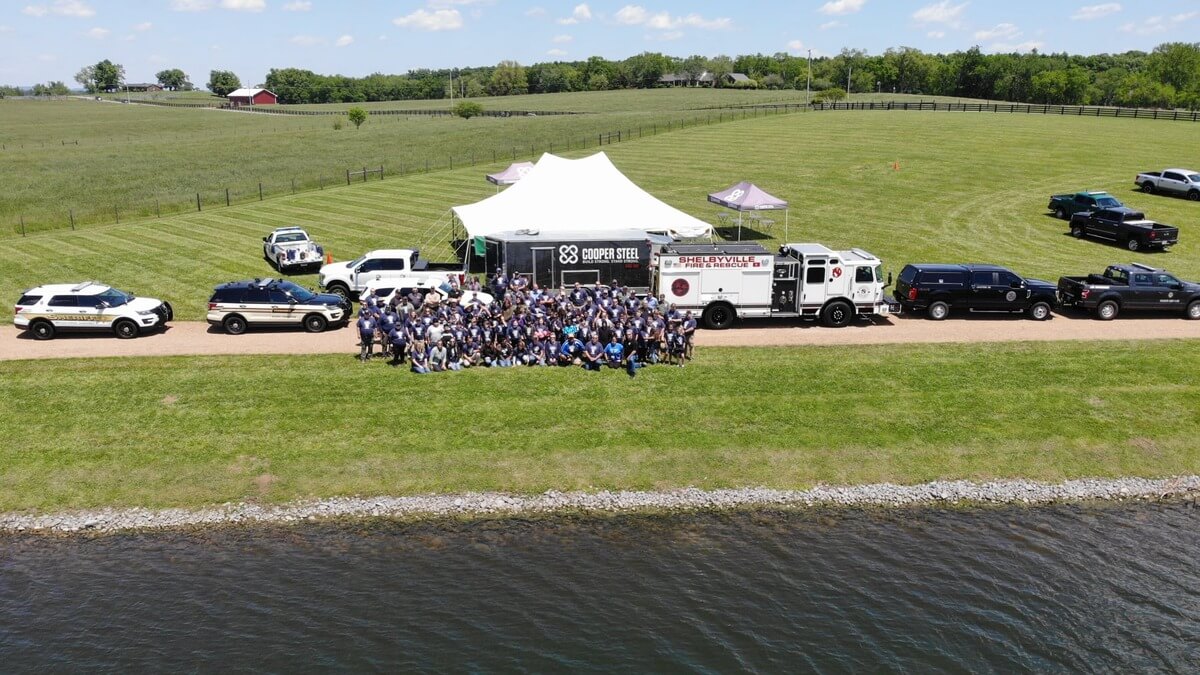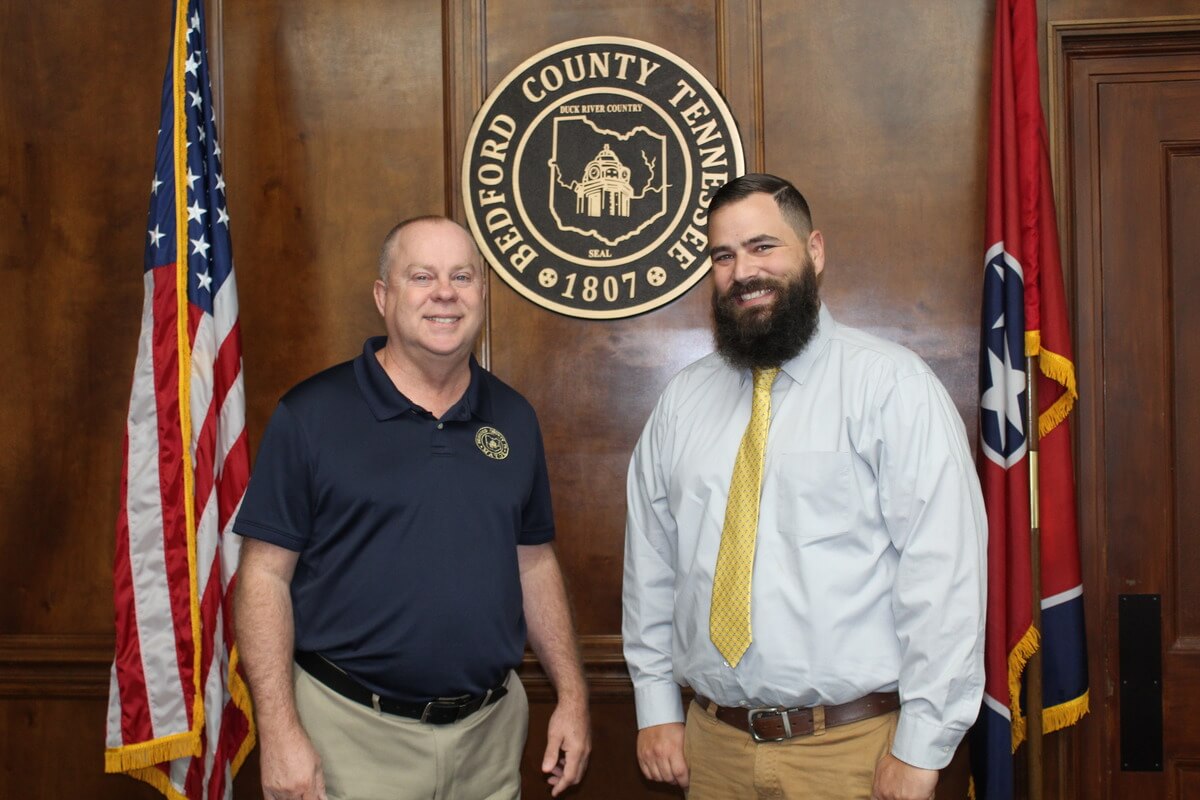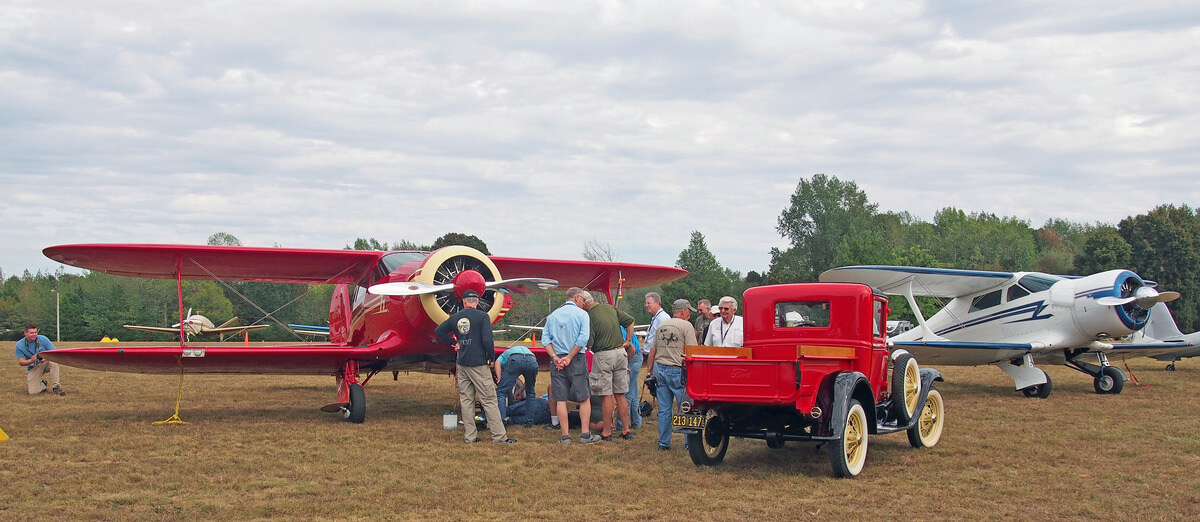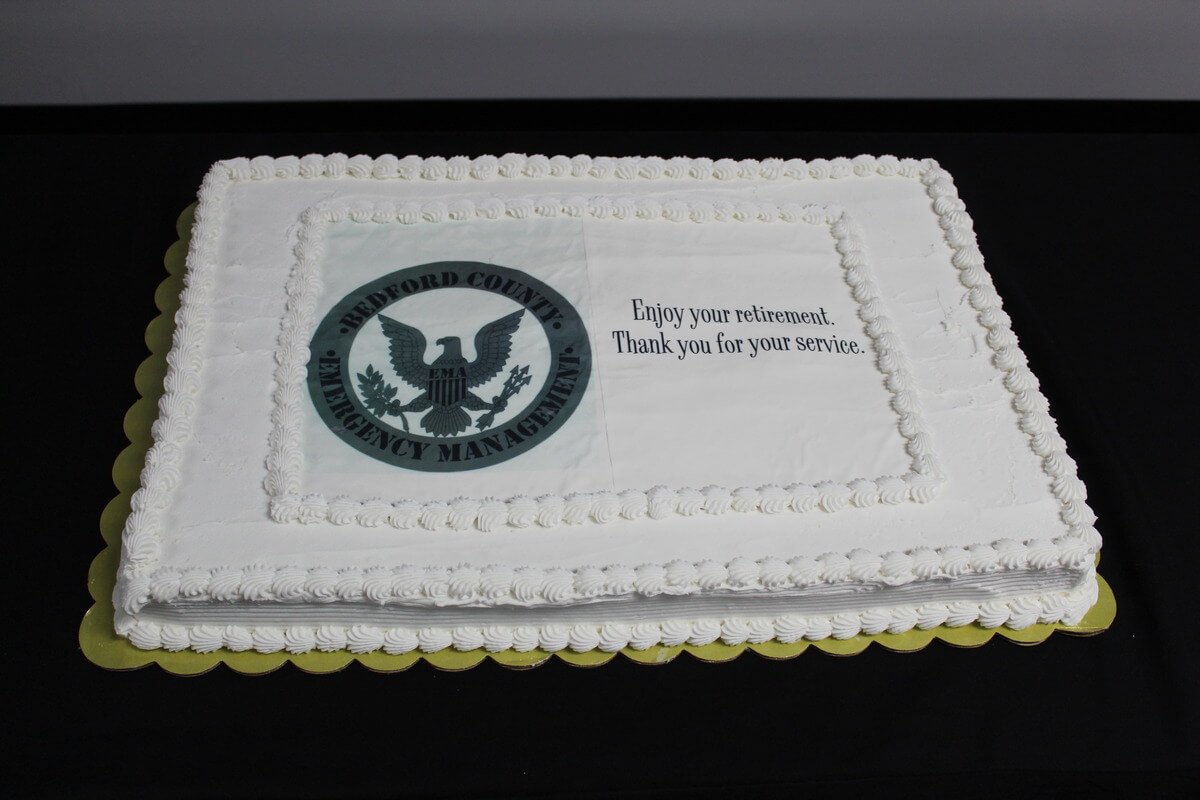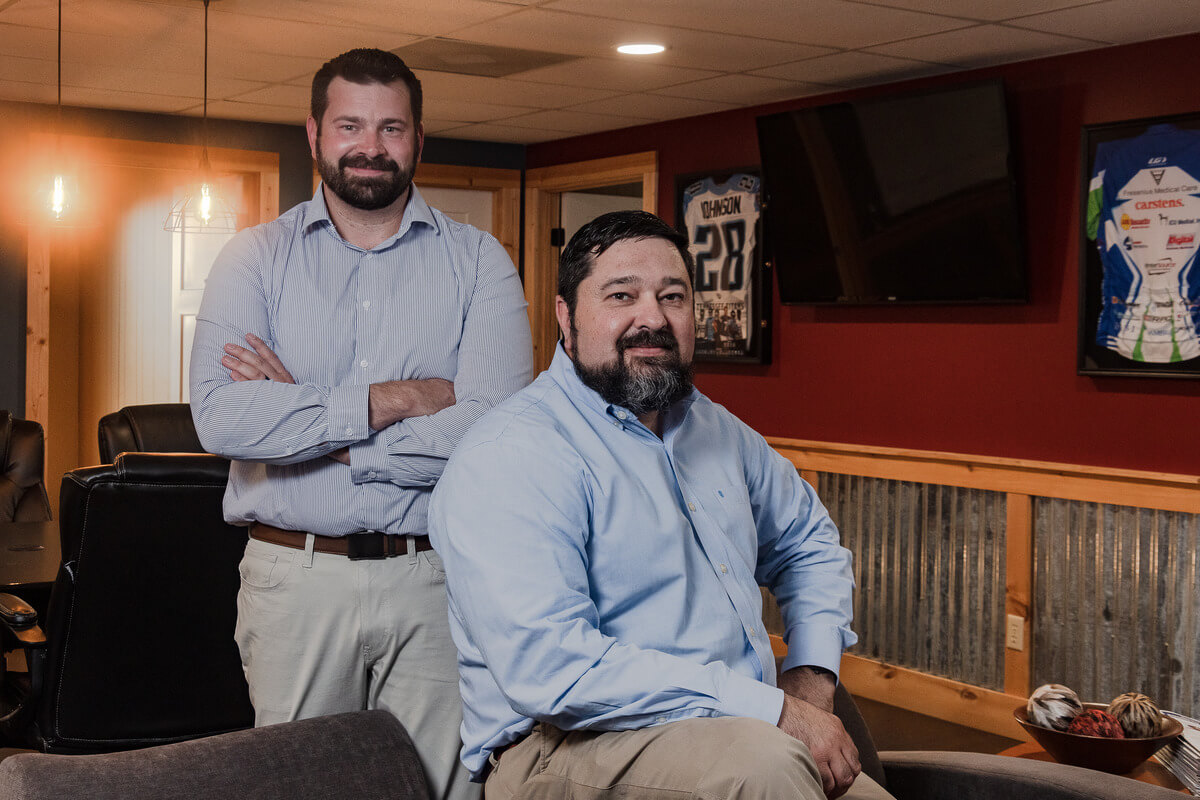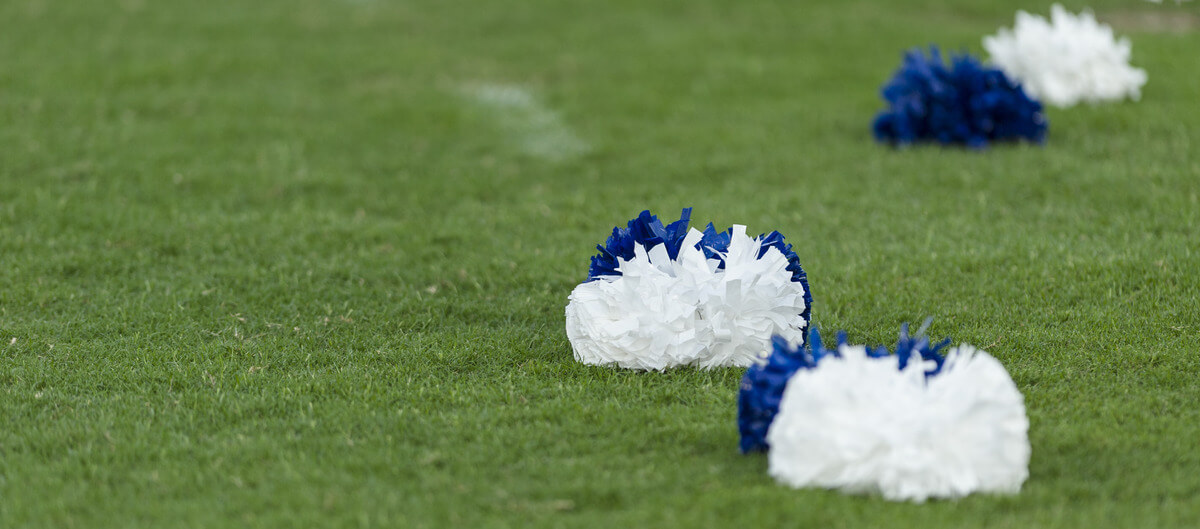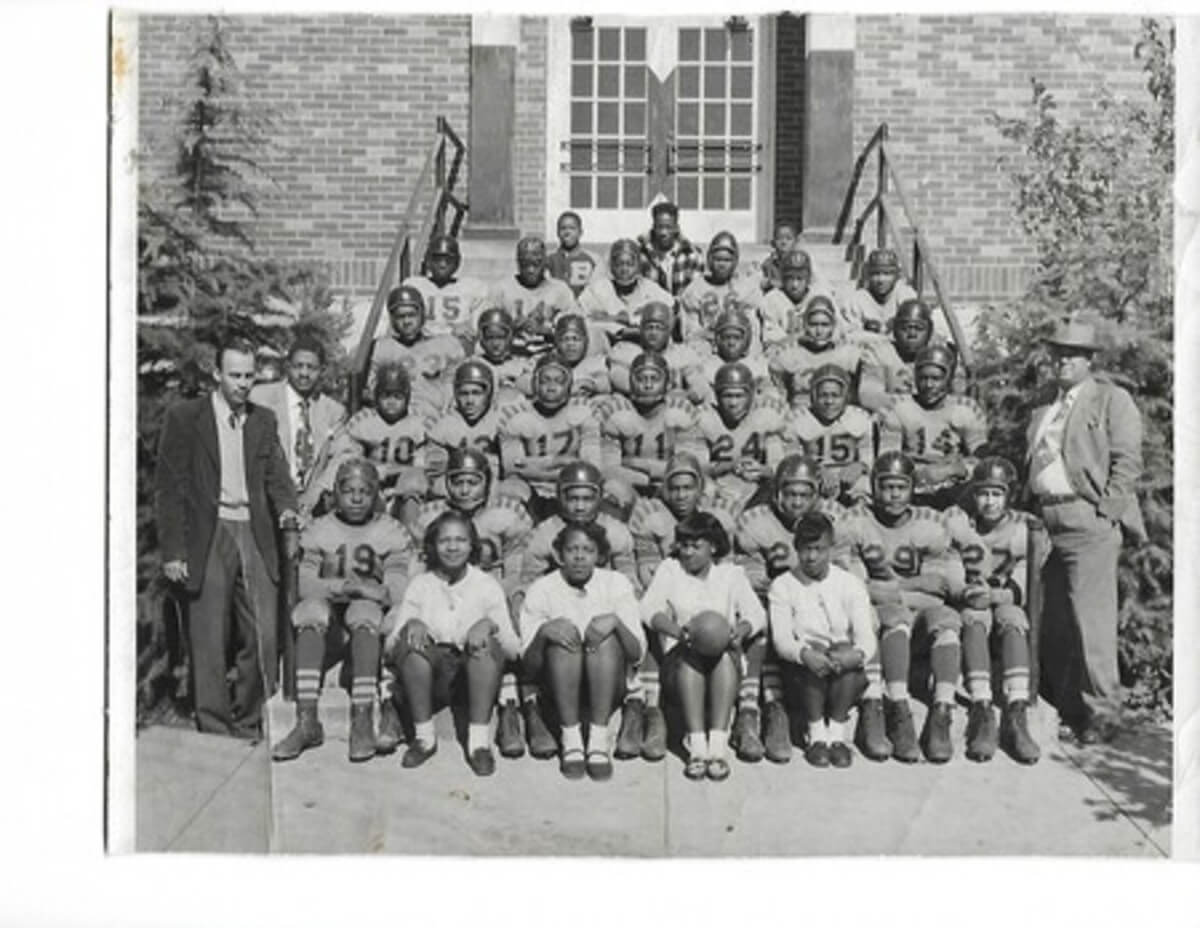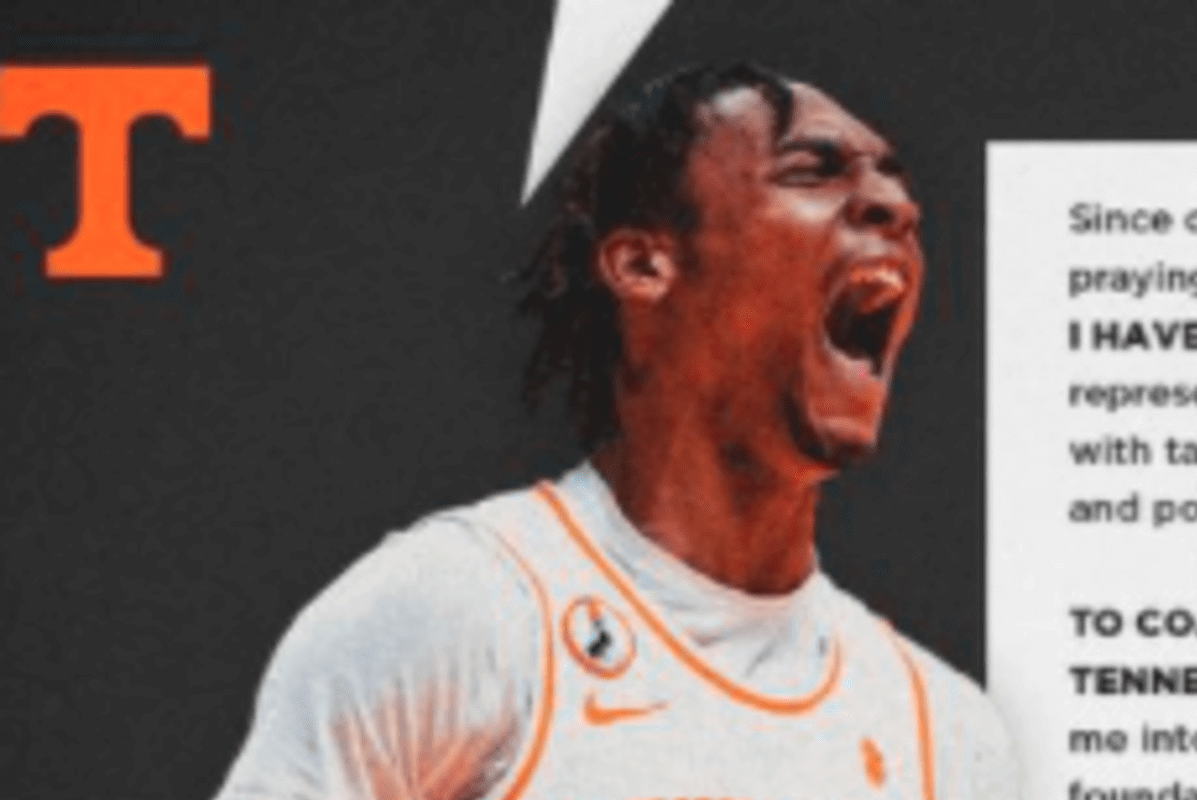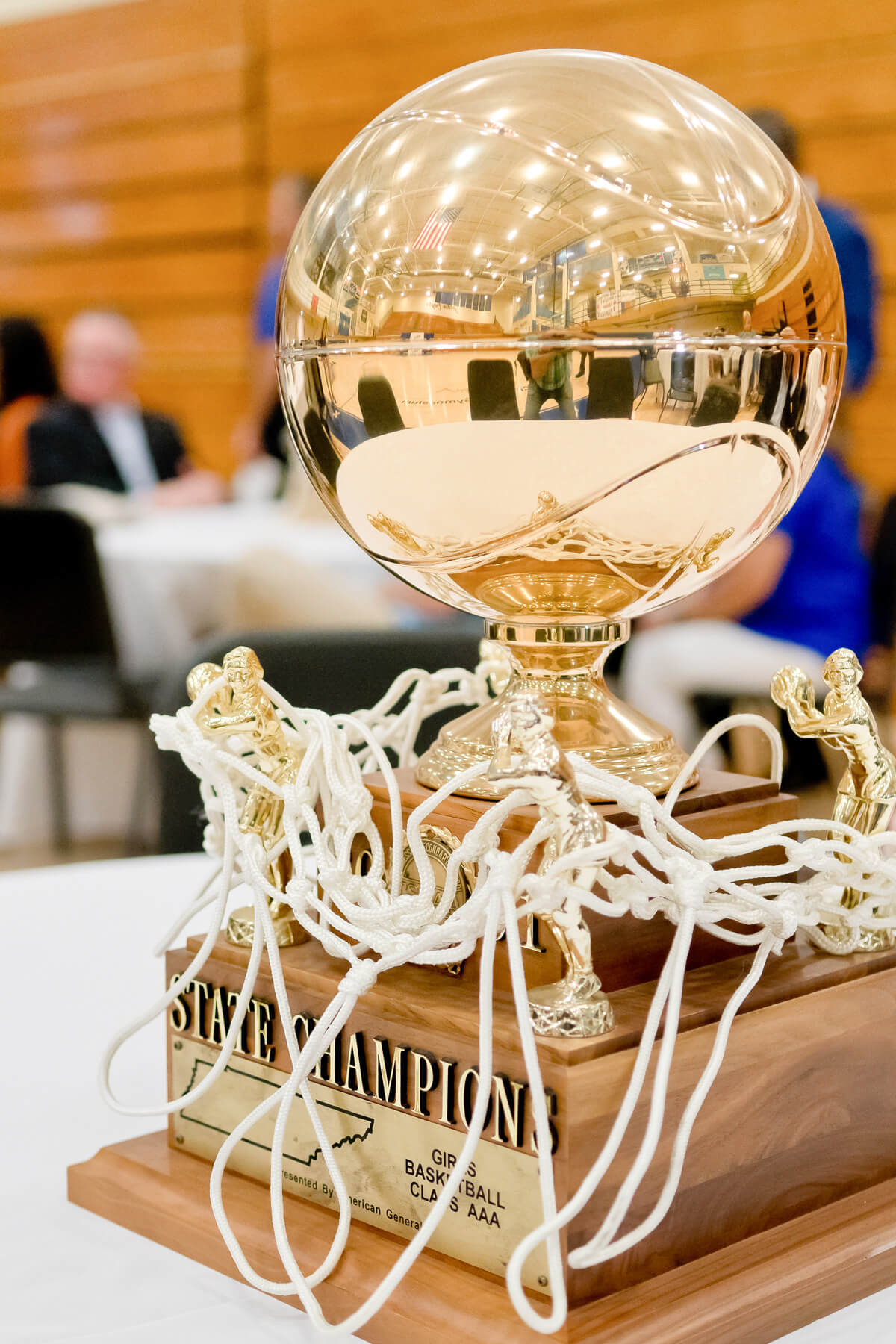LITTLE GUYS dressed out in pads and grass-stained uniforms dot the field. They pass, catch, run, and tackle with the fervor of professional football players, although clumsily at times. With sweat dripping onto grimaced brows, the vision of playing before a packed, roaring stadium pushes forward with each down. It’s a dream carried with them through middle school, during miserable summer practices, and on the autumn game nights. As high school comes into view, the goal of playing longer grows stronger, and the vision comes into focus. Hopes of being signed by their favorite college team fuel them. Some sign and play, and some choose academics, recognizing that the game taught them life lessons they will carry with them forever. In college, the goal to play professionally is forever before them. A few will get the call. Shelbyville’s Whit Taylor is among them.
Taylor grew up in an era that had yet to encounter the internet, social media, and video games. Neighborhoods were gathering places for area kids, and families interacted more with one another. The pace of life was the perfect setup for a future interlaced with pigskin and passion.
“I tell people today, you know, if we’d had those things when I was growing up, I’m sure I would have been right in the middle of it too. But we didn’t, so I just did what I loved, and I went outside and played ball,” Taylor said.
And play ball, he did.
During Taylor’s freshman year, coach Tom Crawford became Shelbyville Central High School’s head football coach and moved in across the street from Taylor. Crawford’s influence has remained with Taylor throughout his life.

Taylor said, “Coach Crawford had a son, Ron, who was a year younger than me and a wide receiver, so we got a lot of practice in the backyards. Coach Crawford is a great man, very caring, and [the] kind of coach who cares about the person as much as the athlete.”
As Shelbyville Central High School’s starting quarterback and a member of the class of 1978, Taylor and the team grew stronger under Crawford’s leadership. His senior year, the Eagles went 8-2 for the season and won their second straight Lions Bowl, defeating Riverdale 35-12. As successful as Taylor was, one little thing popped up again and again.
“I’m not the biggest guy in the world. It was one of the driving forces as I got into high school and then got ready to go to college. They’d say, ‘You’re not big enough. You’re not tall enough.’ The same thing happened when I was in college and got ready for a pro career,” Taylor said. “So I was fortunate in that aspect. It was one of the driving forces for me, for people to tell me that I couldn’t do it because of my size or because I was too small. It just motivated me to say, ‘I think I can.’”
And he thought right.
Taylor believed he could play for the Southeastern Conference (SEC), and Vanderbilt University (Vandy) agreed. Taylor was an All-Southeastern Conference quarterback from 1979-82 at Vandy, played in the 1982 Hall of Fame Bowl Game, and was recognized in 2003 as a SEC football legend.

Two new leagues, the United States Football League and the Arena Football League, enabled Taylor to extend his playing career professionally. Following his professional career, Taylor stayed in touch with the game, coaching at high school and university levels before moving to education administration. Recently retired, hindsight revealed every level of play shaped Taylor’s life and influenced his success.
Preparation and dedication run the offense, and consistency handles defense in winning games. Both then and now, It works on and off the field.
“Dedication,” Taylor said, “is doing everything you can to put yourself in a position to be successful. To prepare for success, study and practice hard. Do the little things it takes to be successful. Consistency is doing what you know you’re capable of doing because of the dedication and practice you’ve put into the game.”
It’s a game plan learned from the legacy of his great coaches.
Taylor said, “Coach Crawford helped me become a better coach. He was one of the reasons I got into coaching. It was the way he went about his business as a coach and his relationship with the players. The way Coach Crawford handled players, he was a disciplinarian, but he wasn’t strong-handed. You could talk to him, almost like a second father.”
At Vanderbilt, the offensive coordinator coach, Watson Brown, brought change and positively influenced the team, which redirected their success. The offense had been leaning on Taylor as a runner more than a passer, but Brown had better ideas.
“When I was at Vanderbilt, coach Brown came on board my junior year. To be honest, we were not very good when he came in, but he had a whole different outlook on offense. Coach Brown gave me this unbelievable positive attitude and got the team to believe we could be successful. He taught me always to try to be innovative and find new ways to do things. Coach Brown would come up with something new every week, even if it were one little minute change. He was such a great offensive innovator in the game,” Taylor said.
Adding to Taylor’s success is his wife, Darlene. The two married in Taylor’s senior year of college and recently celebrated their 40th wedding anniversary. “She’s definitely been a rock, chasing this crazy dream with me,” he said. His son Matt and his wife, Jenna, have a daughter, Presley, who has her Pops wrapped around her little finger. Their younger son Michael and his wife, Ali, have a young son, Jack – a pistol, like most toddlers. To say the least, Taylor won’t have to wonder what to do with the extra time retirement brings.
Shelbyville is home to the Taylor family. “I’m just a small town boy. I like community. I’ve been blessed with family, a great church family that we absolutely love, and the friends we’ve made over the years,” Taylor said.
Taylor said, “Football offered me tremendous opportunities. There has to be a passion for what you do. If it’s not something you enjoy doing, it becomes a burden.” GN


